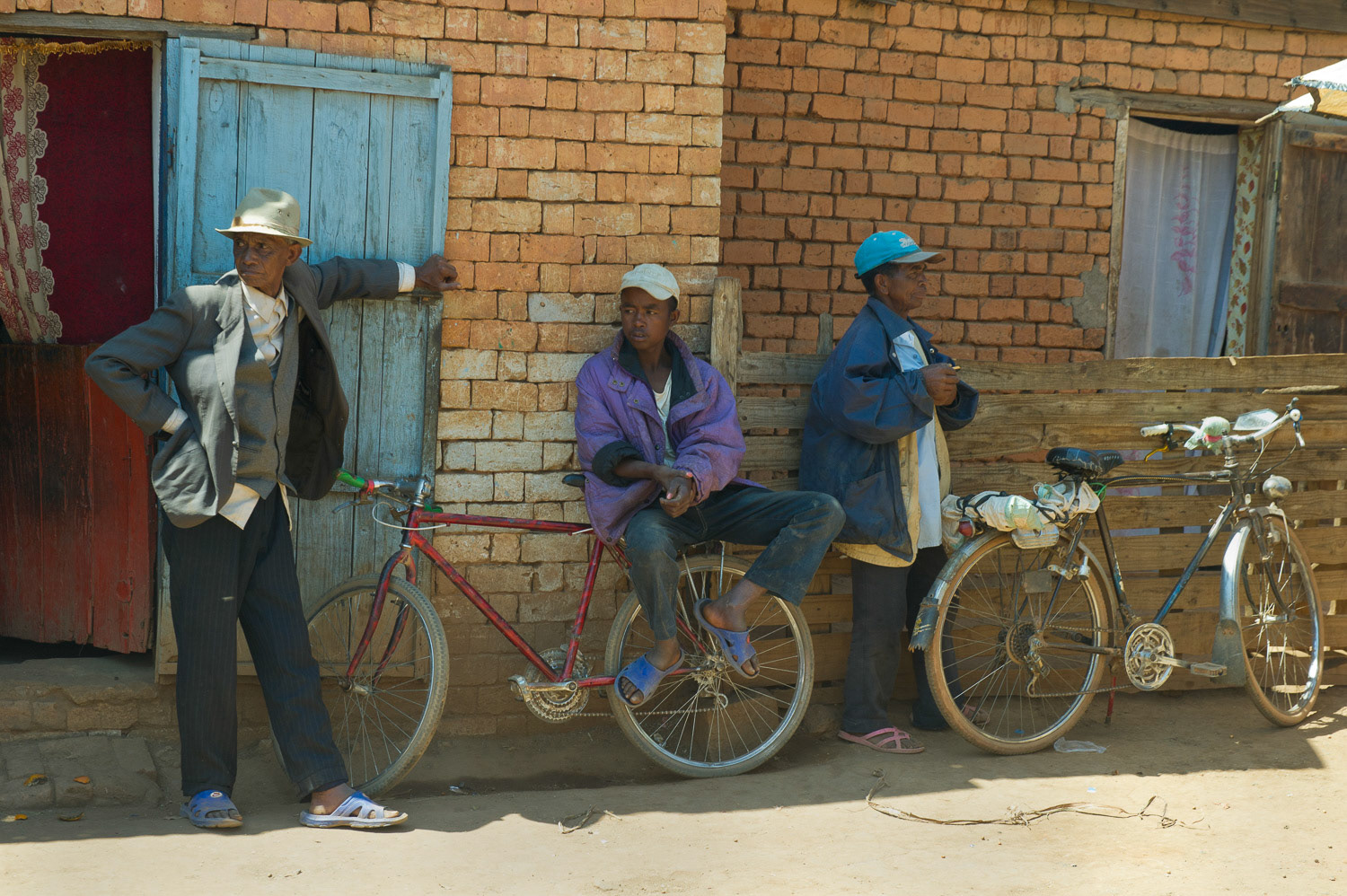
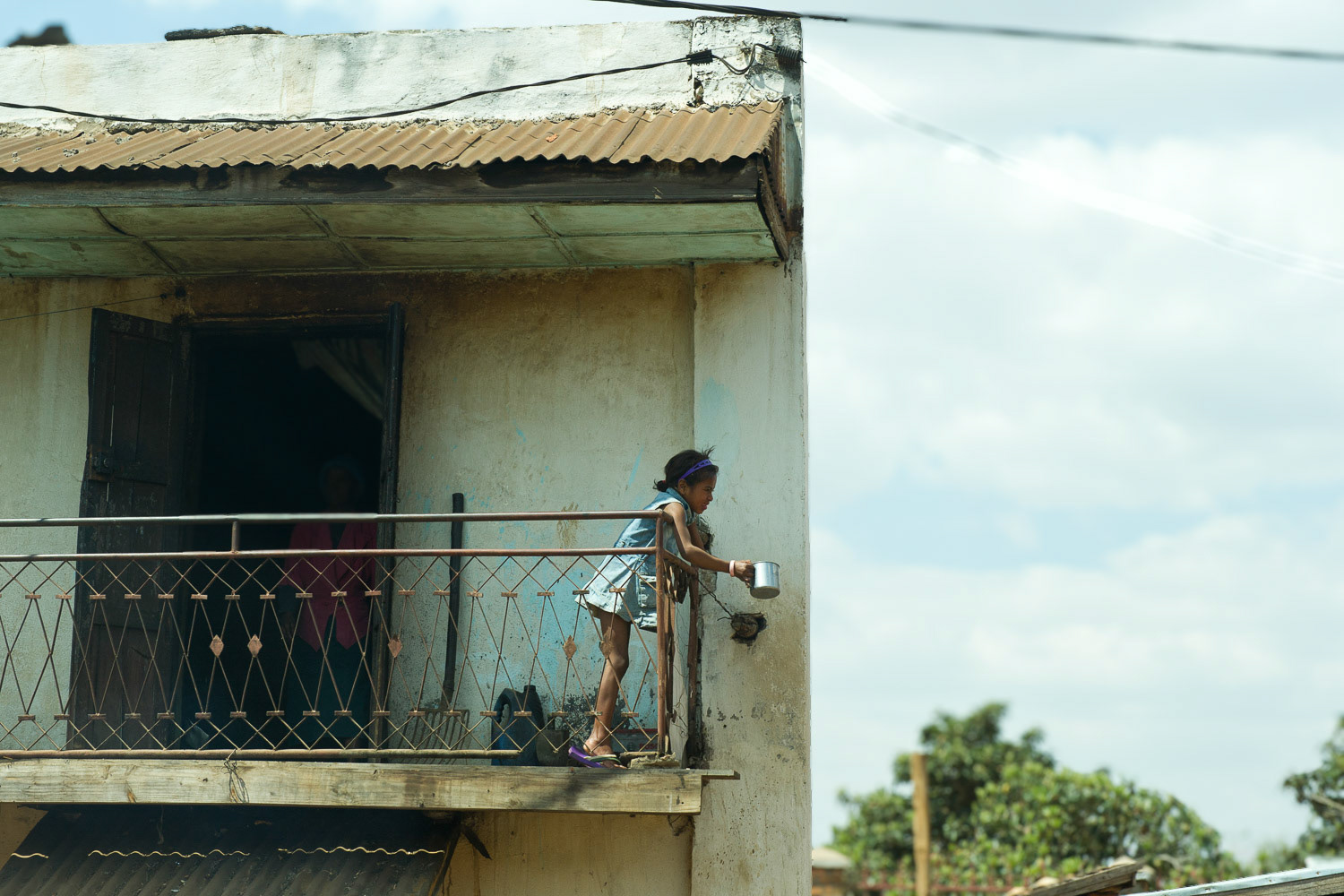
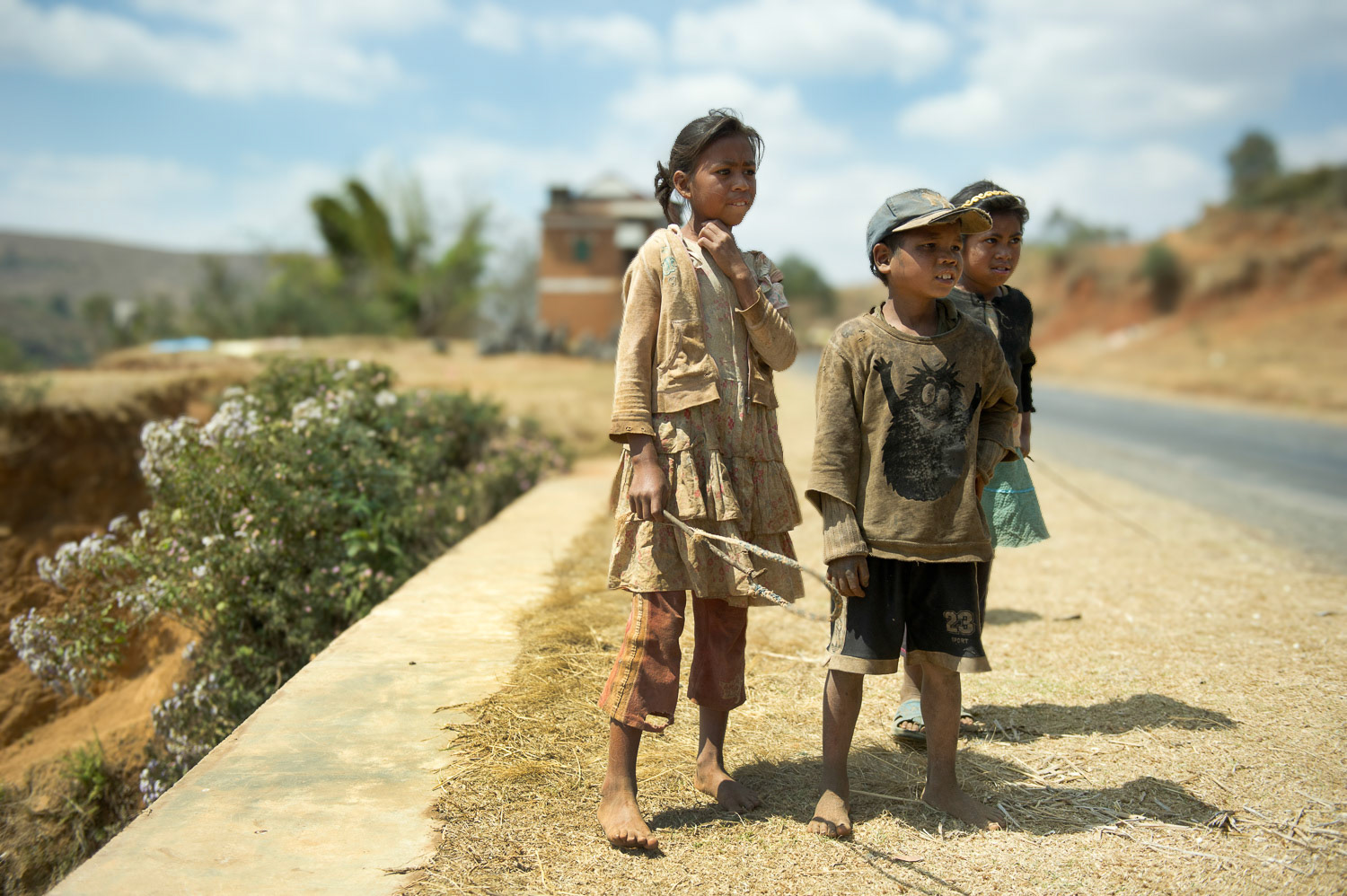
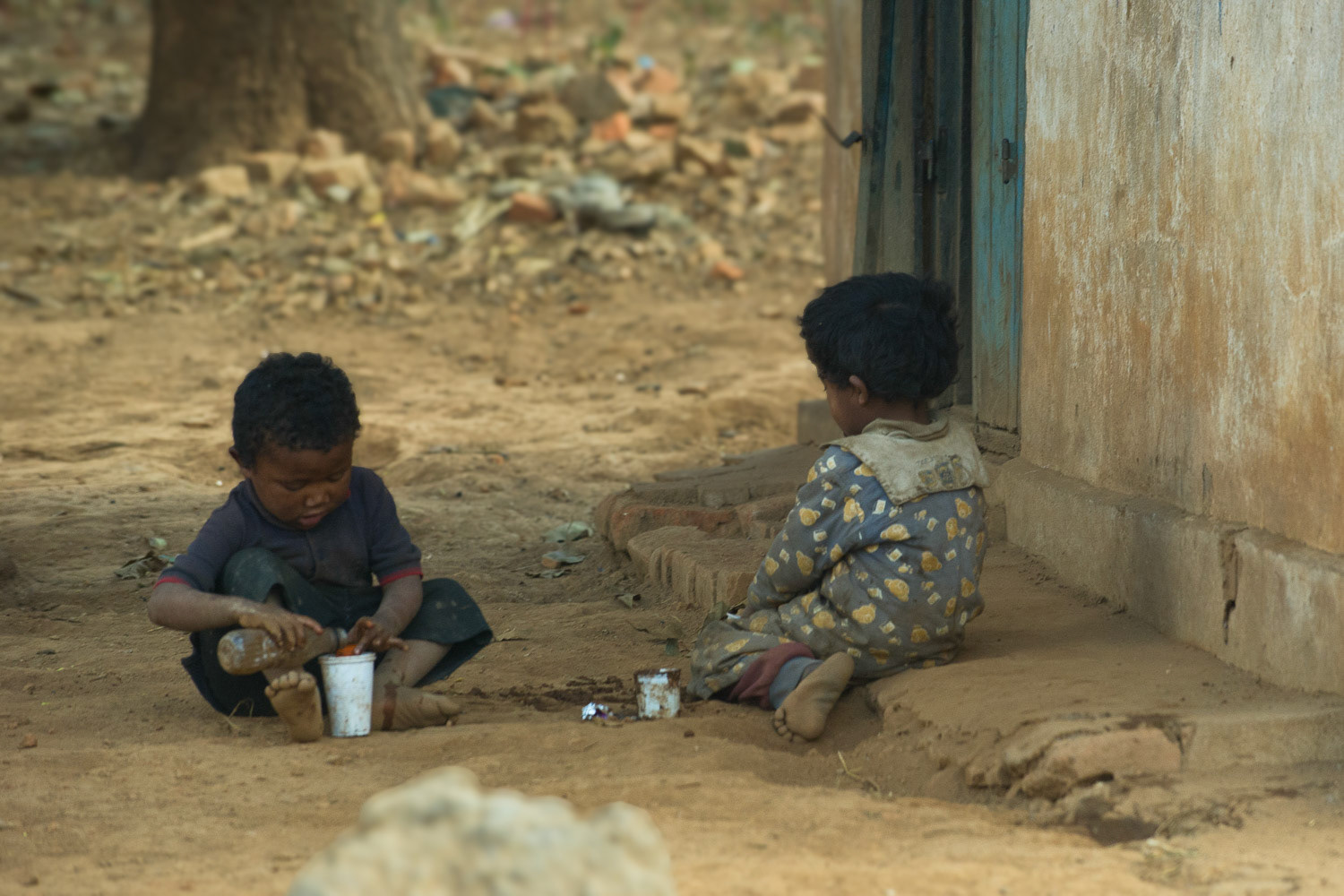
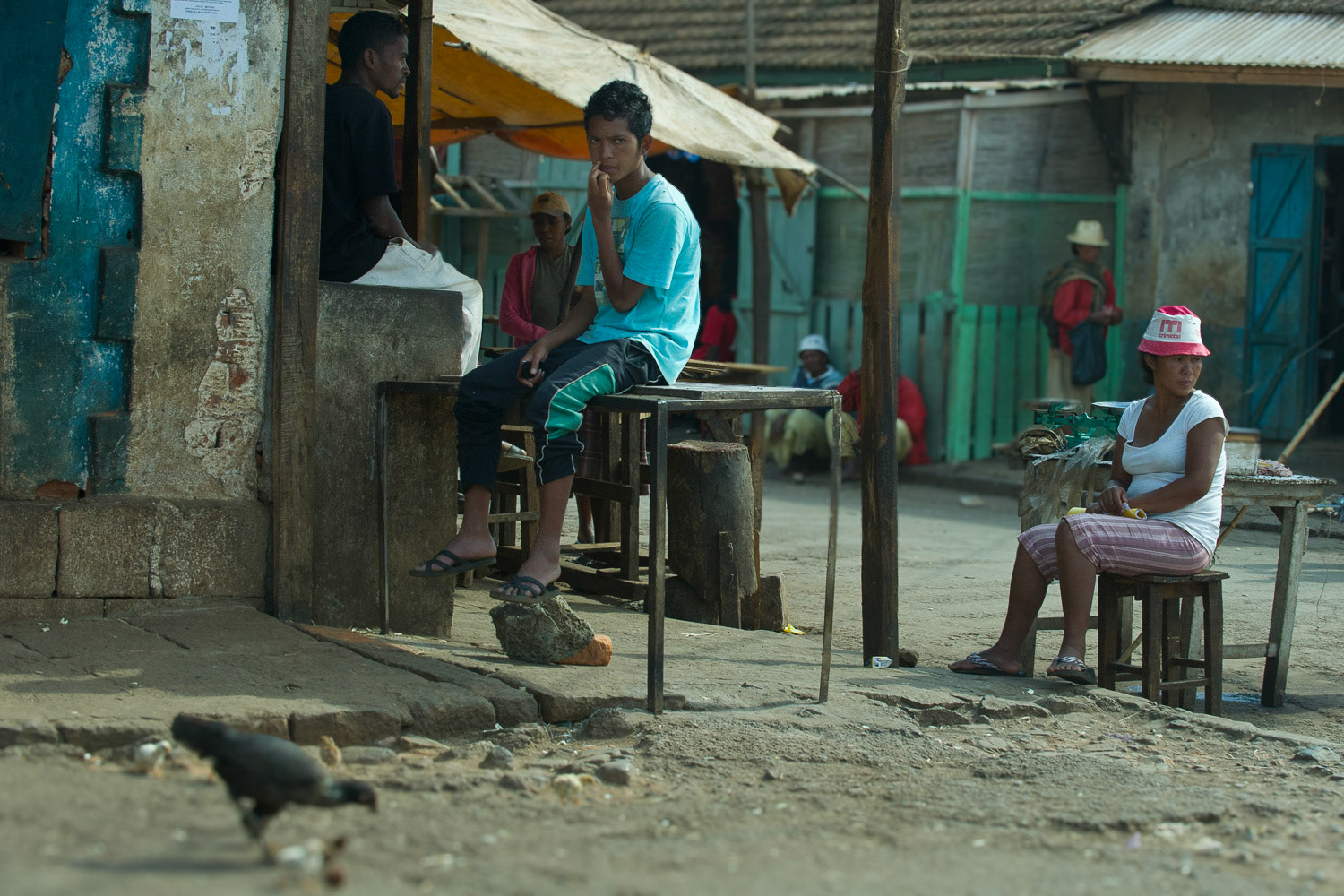
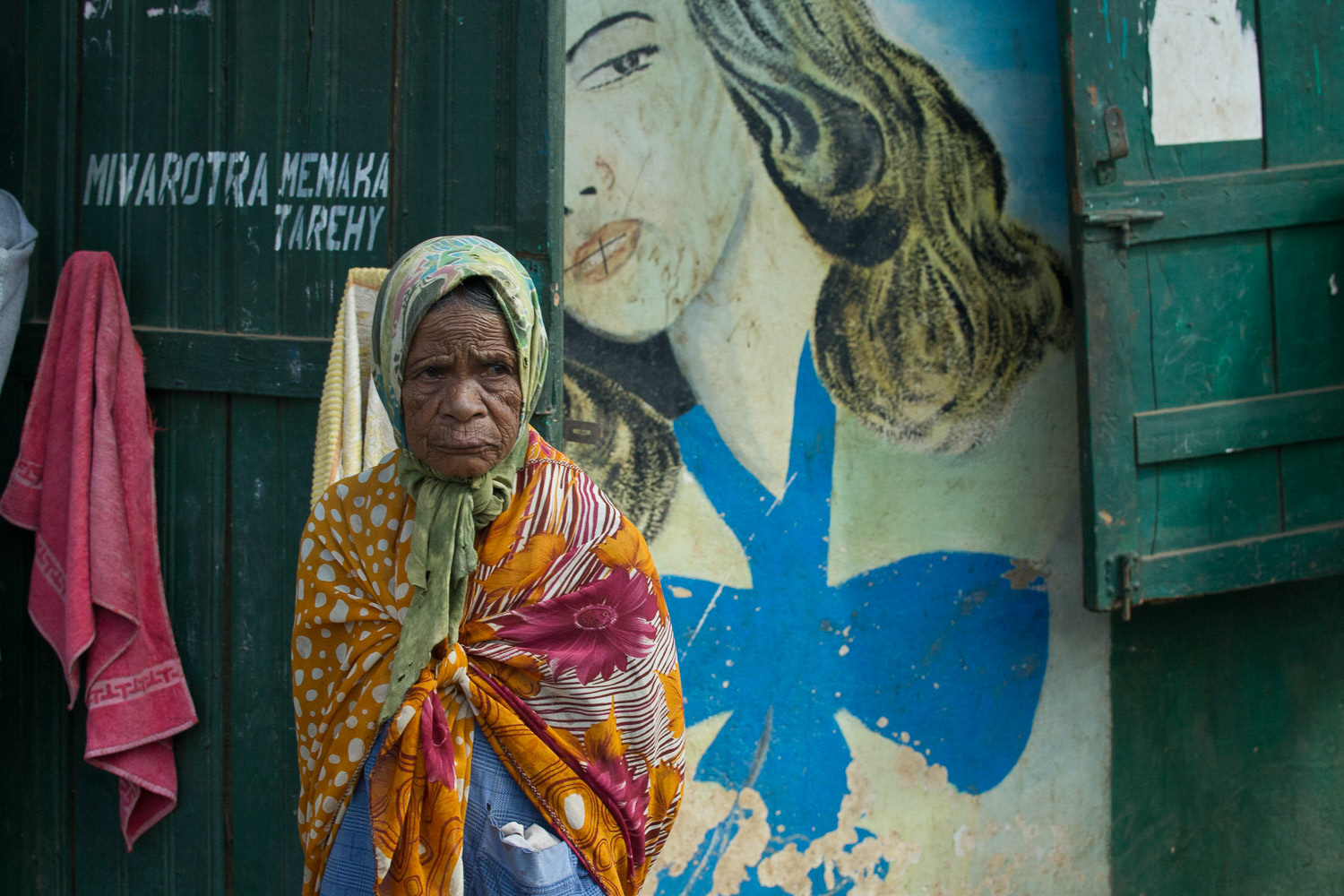
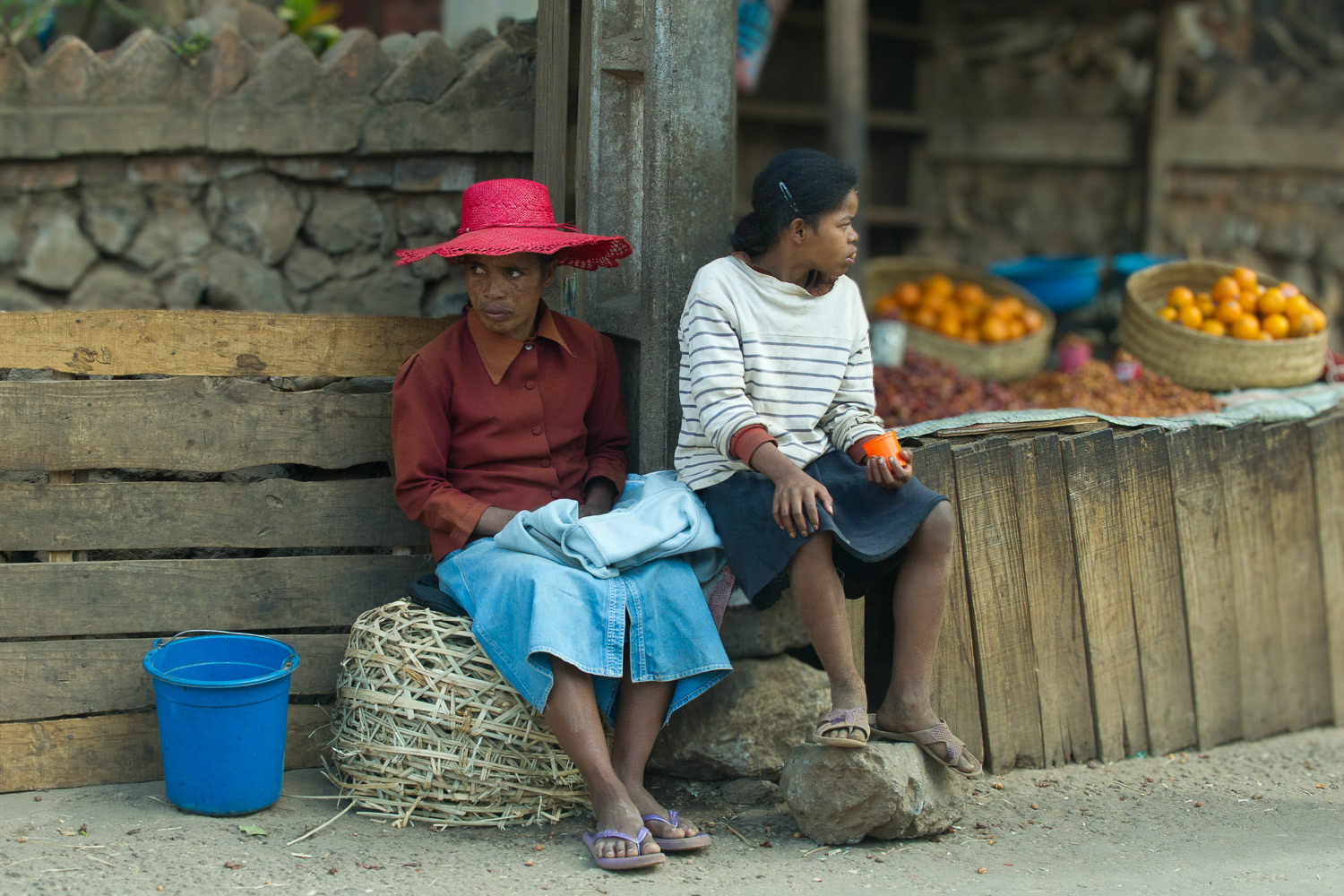
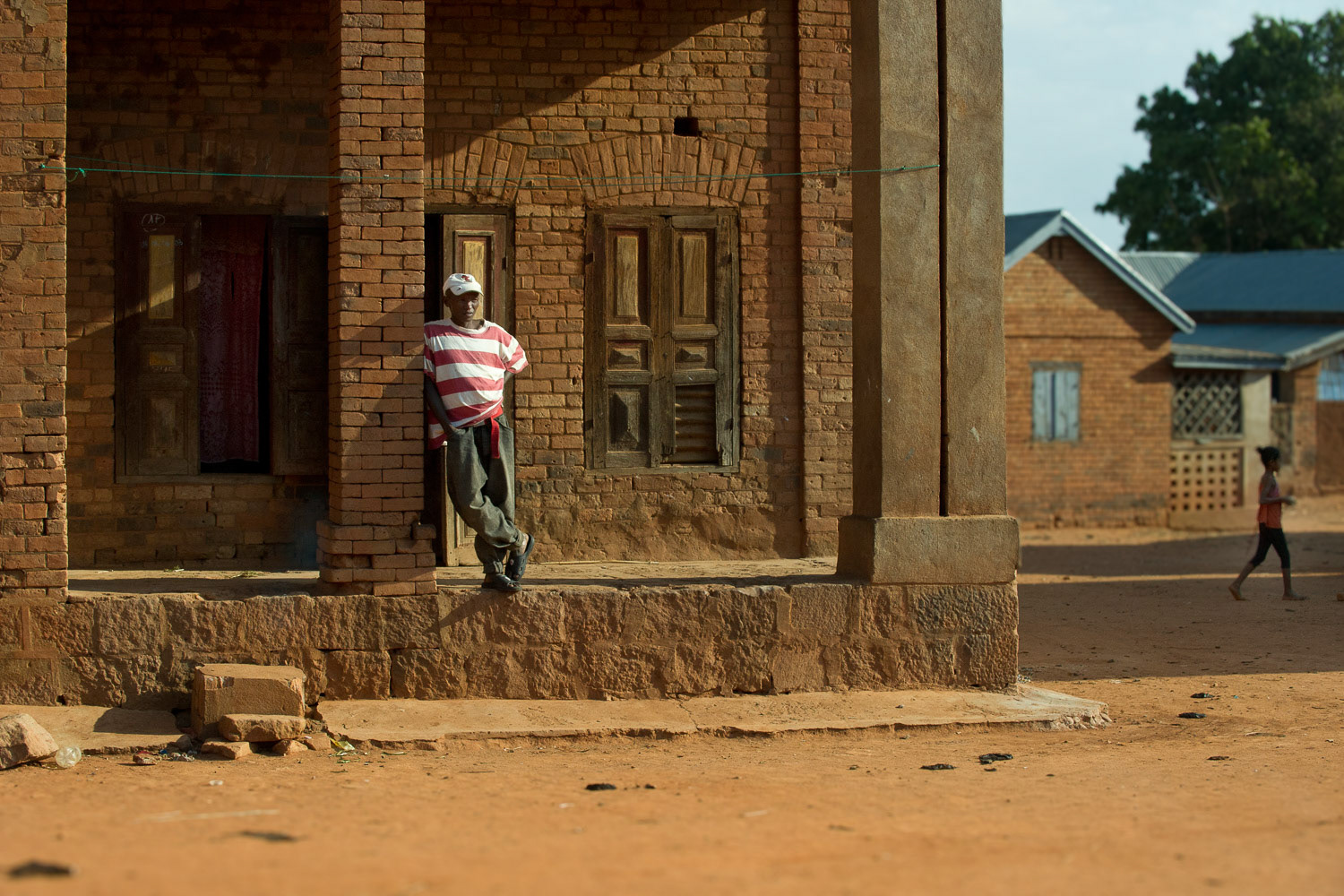
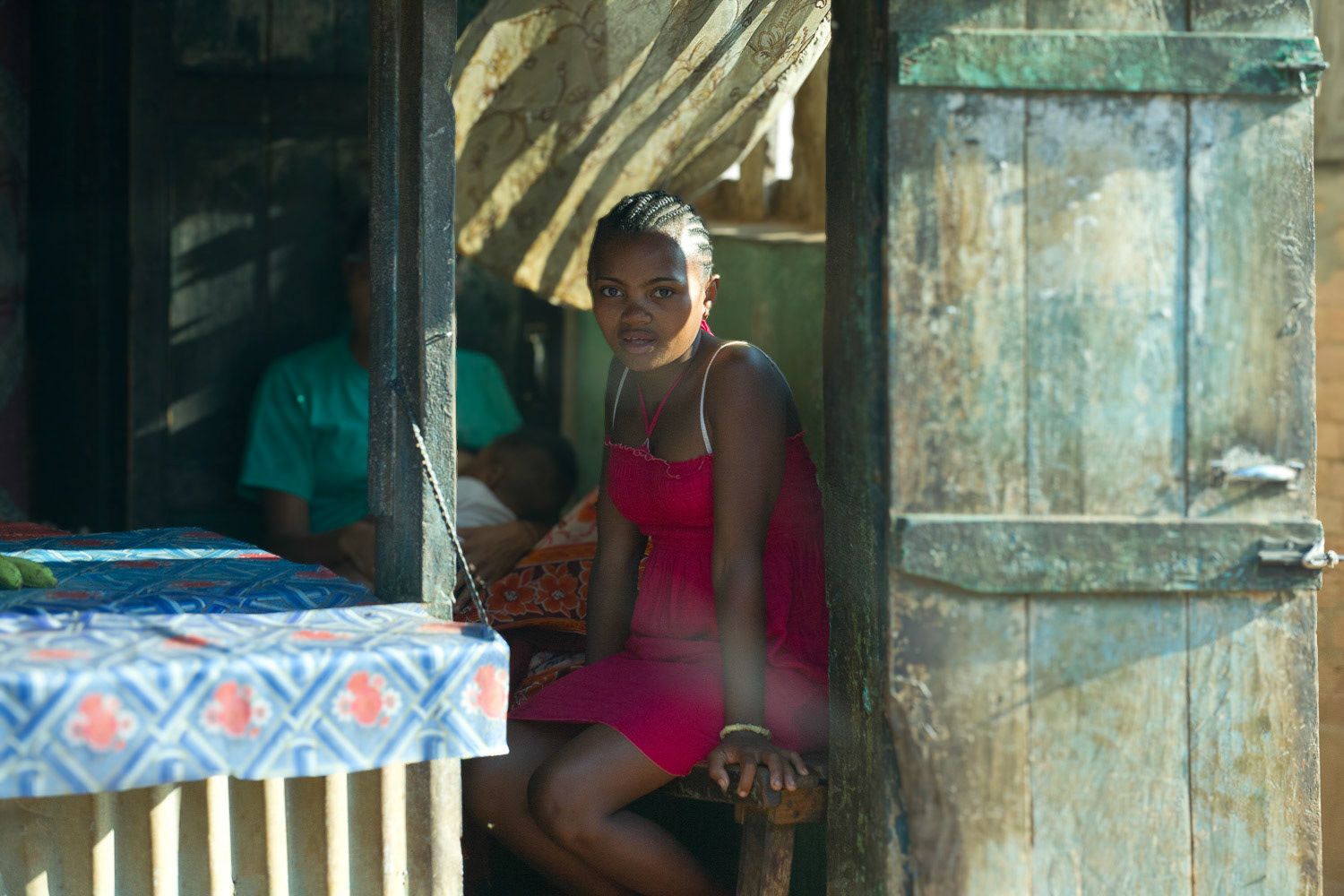
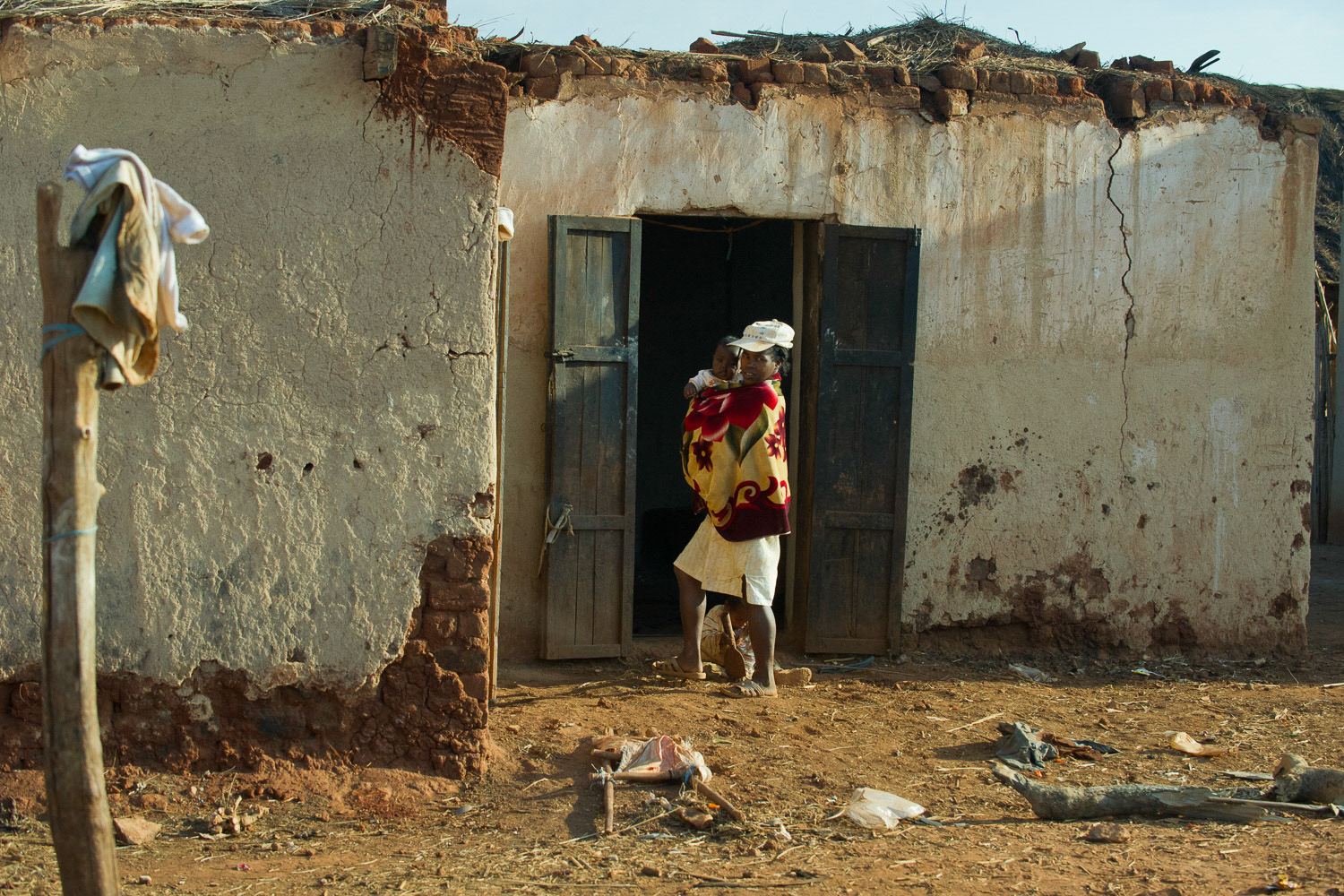
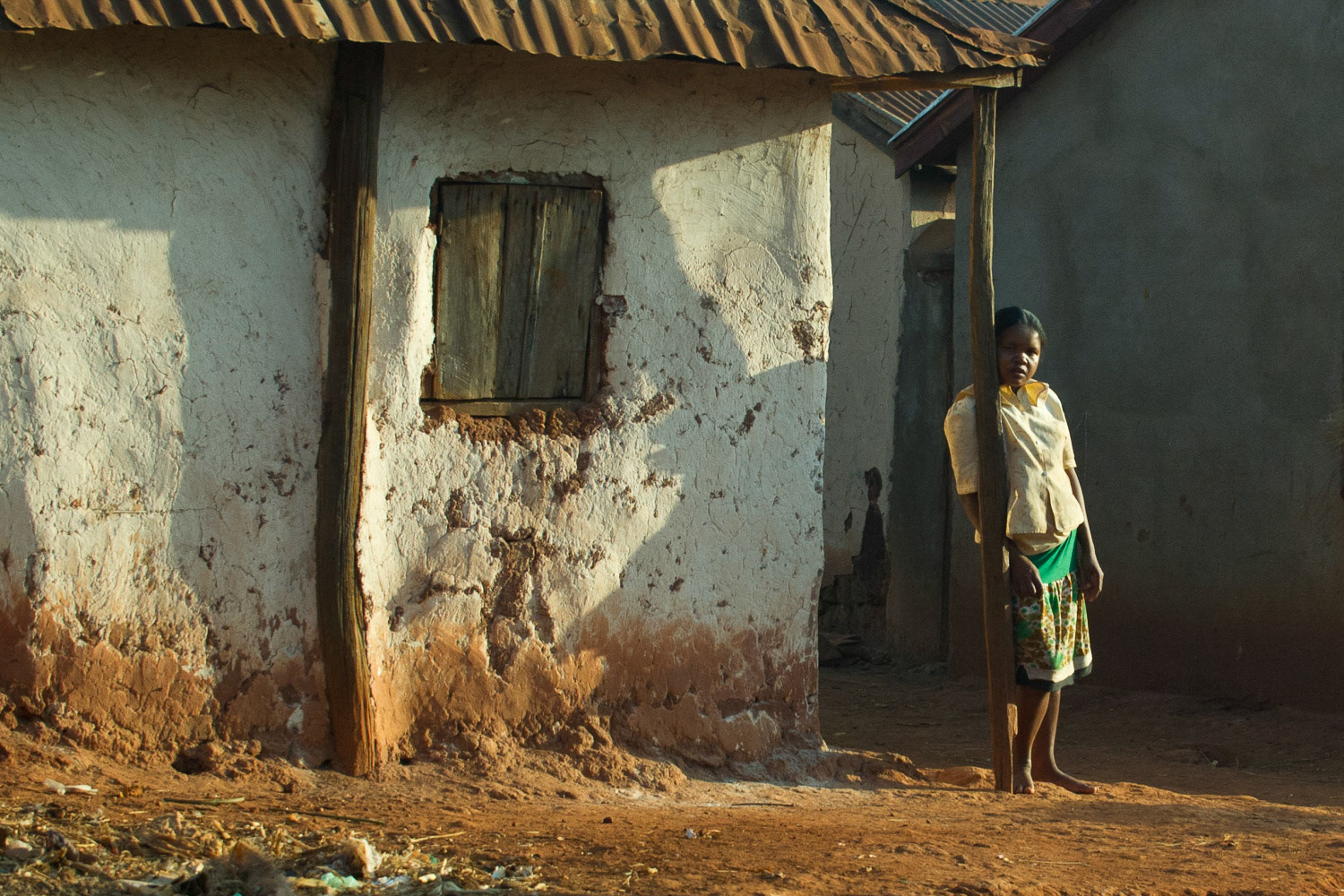
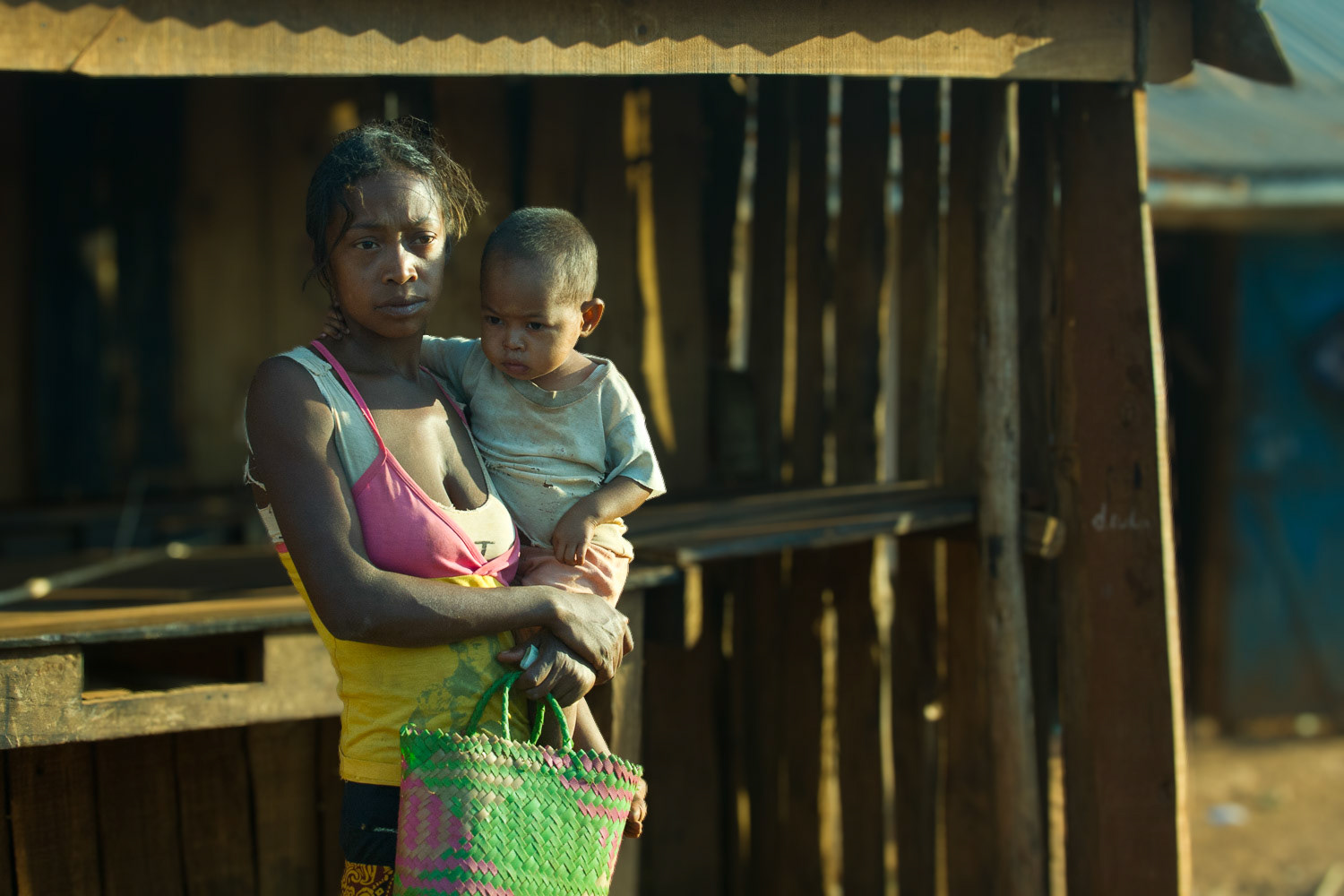
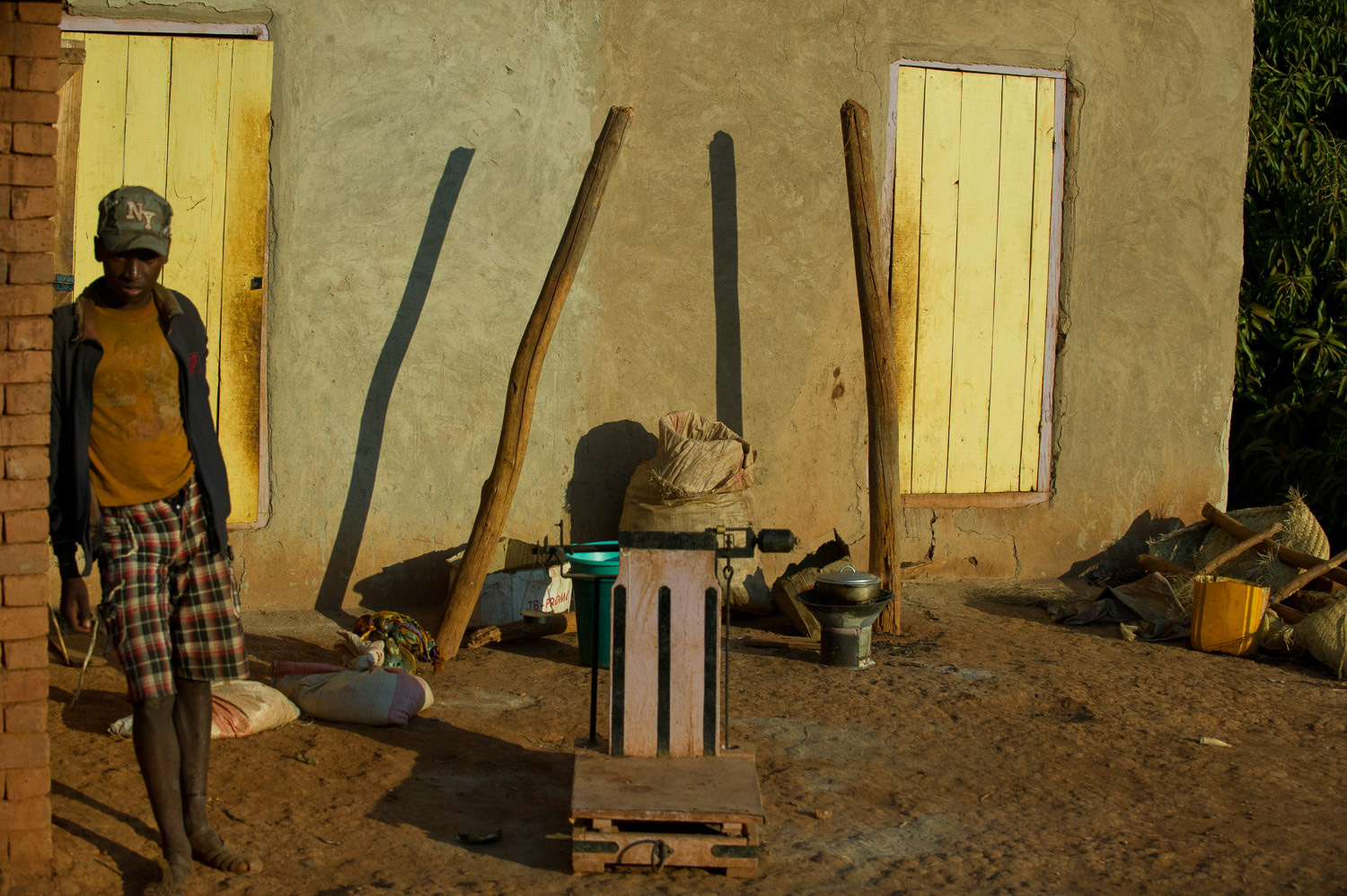
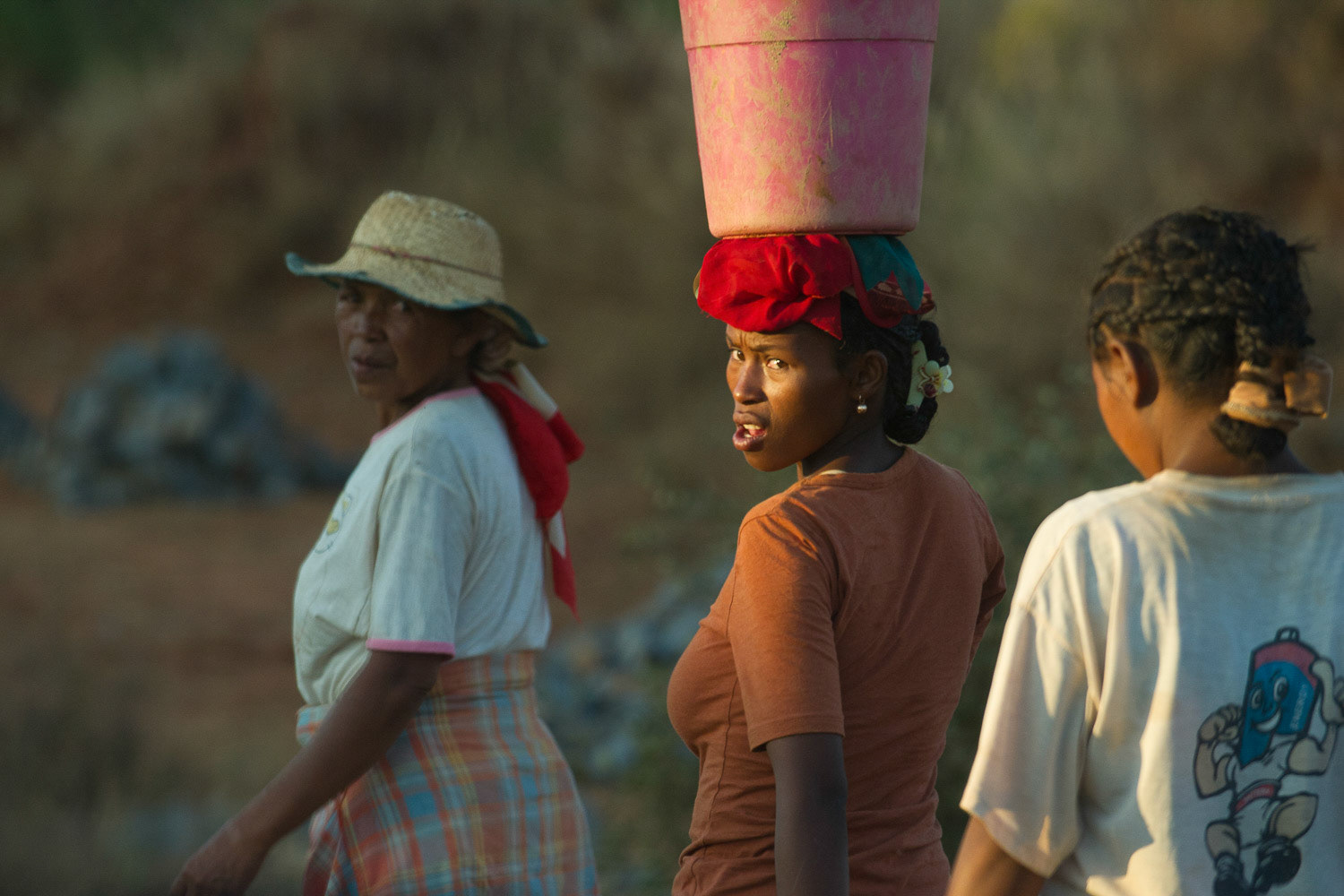
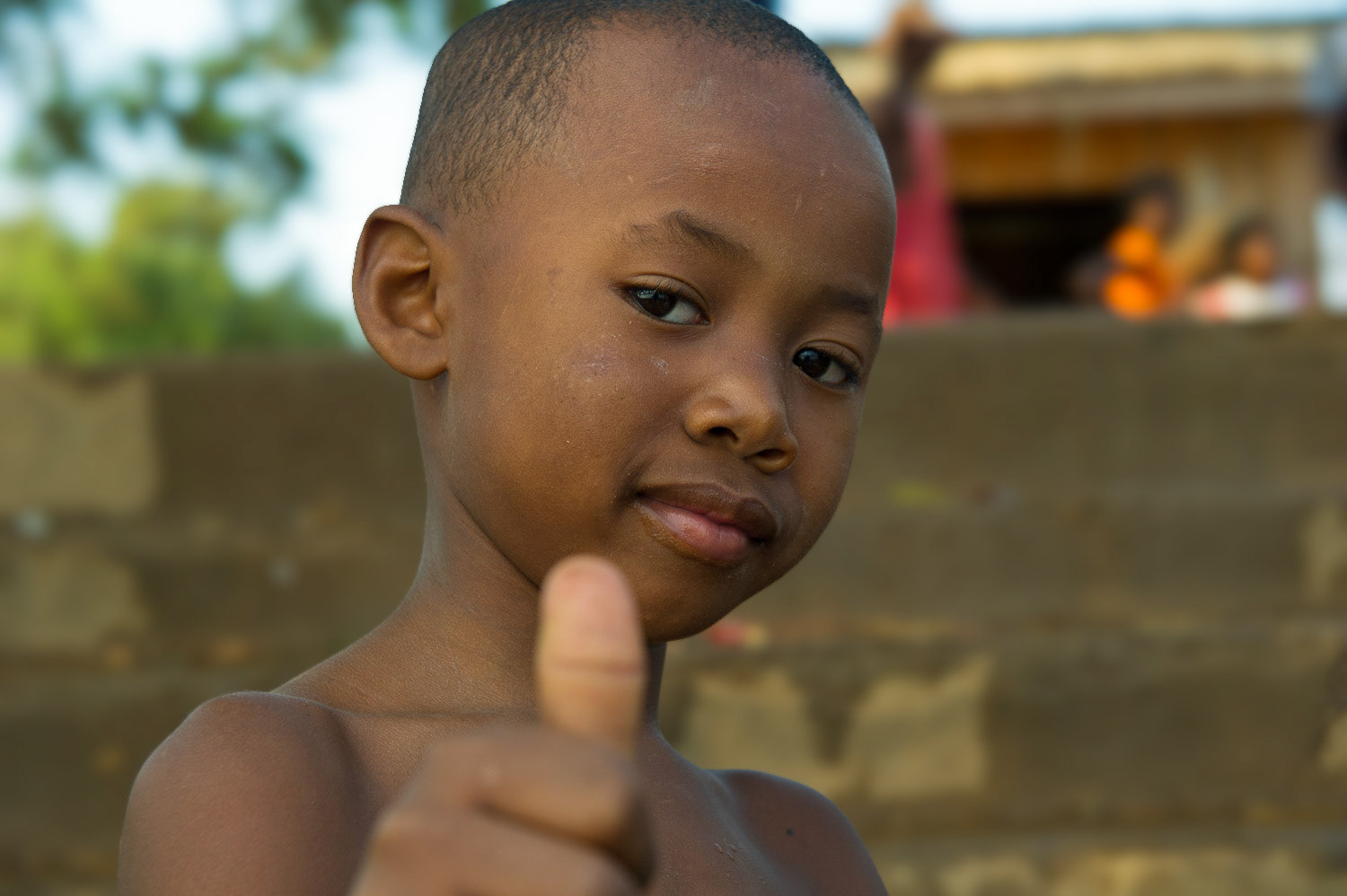
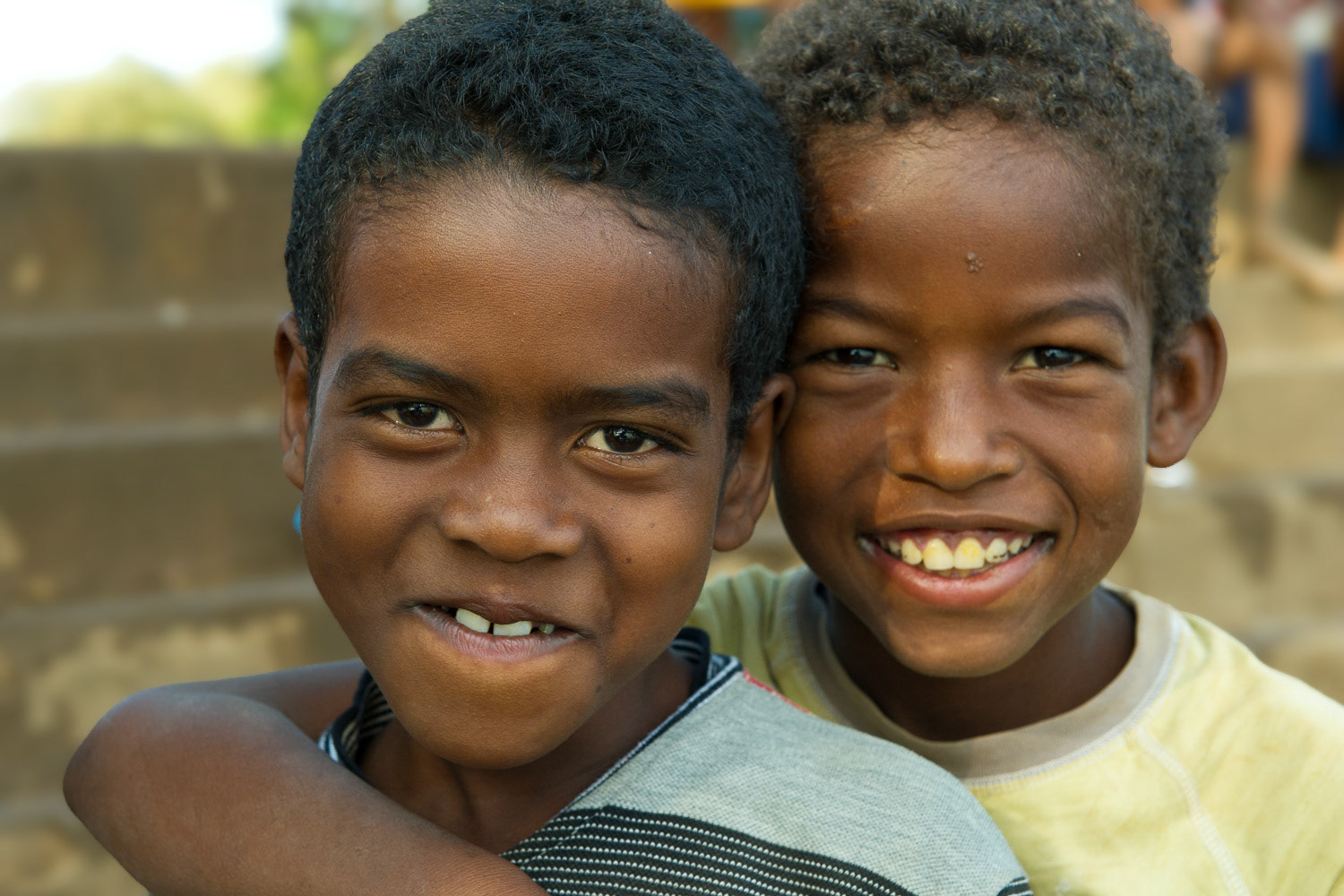
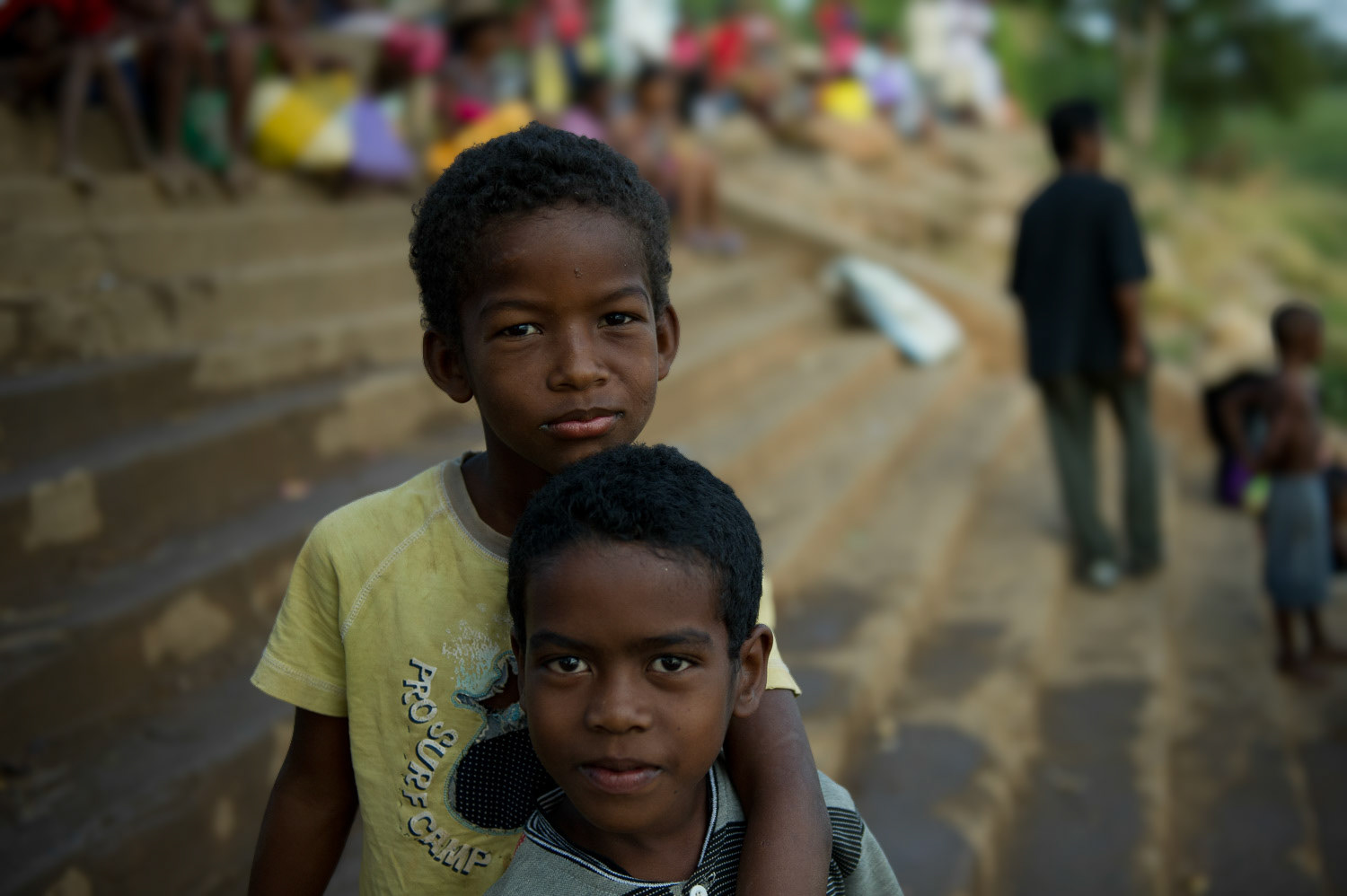
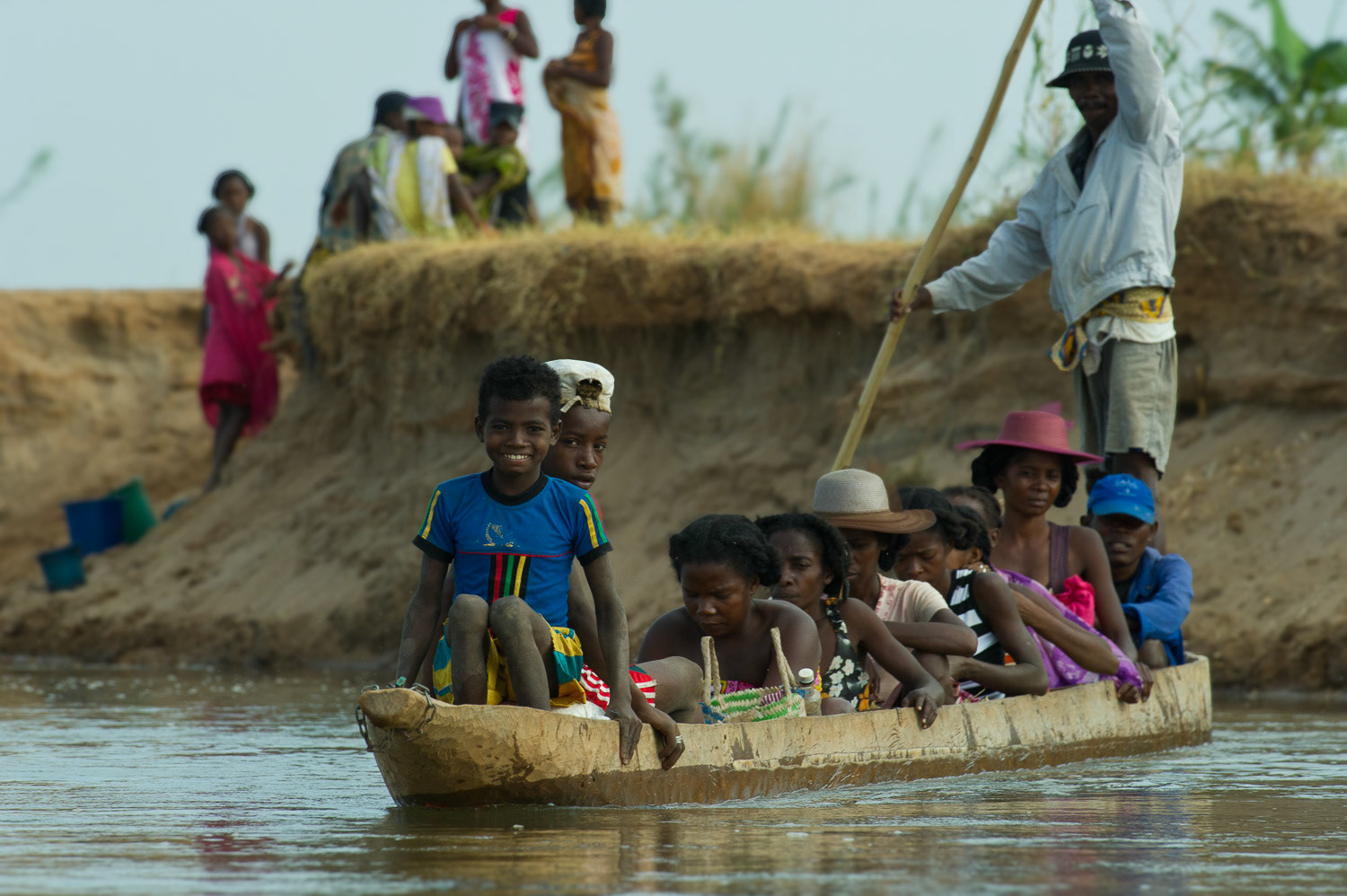
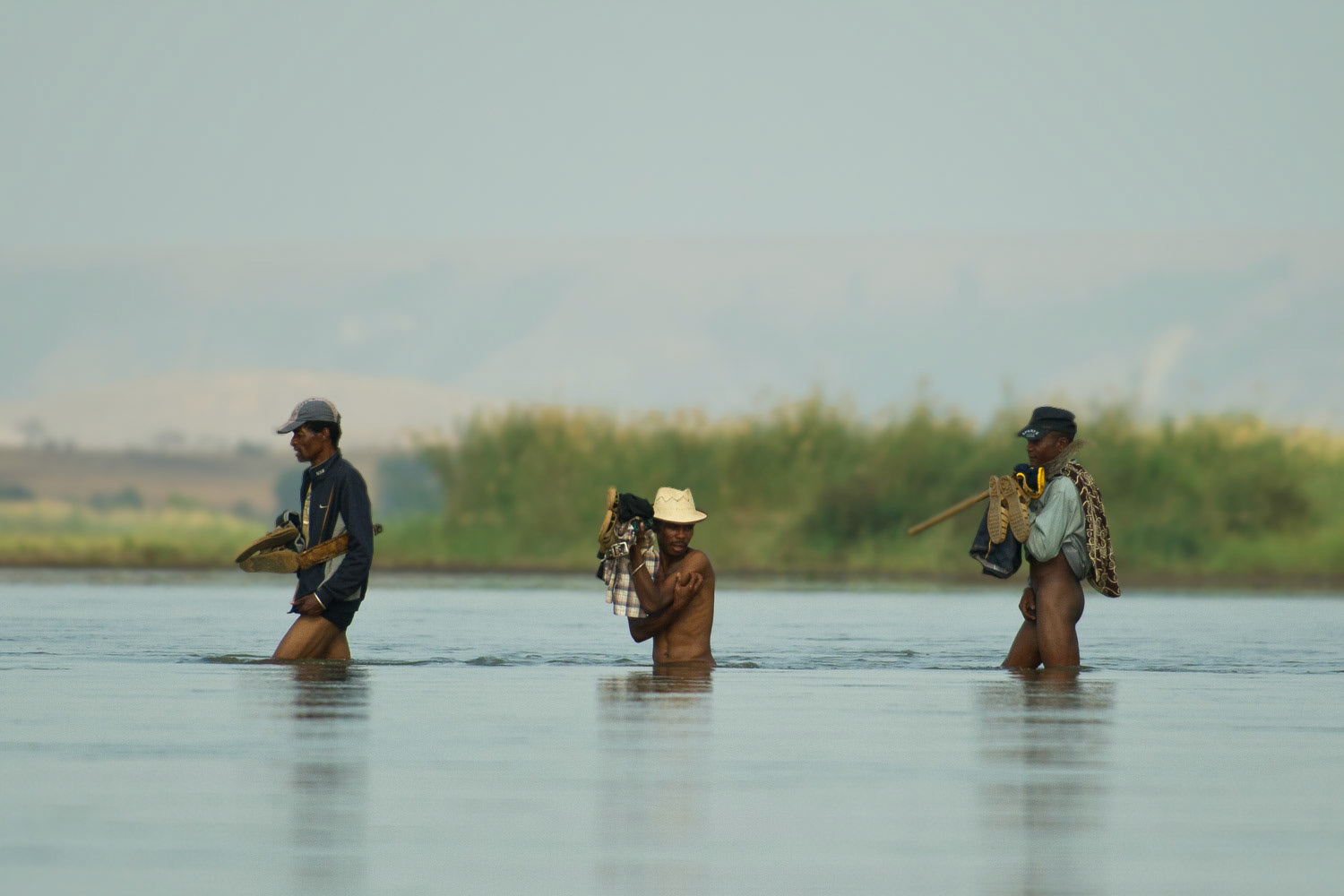
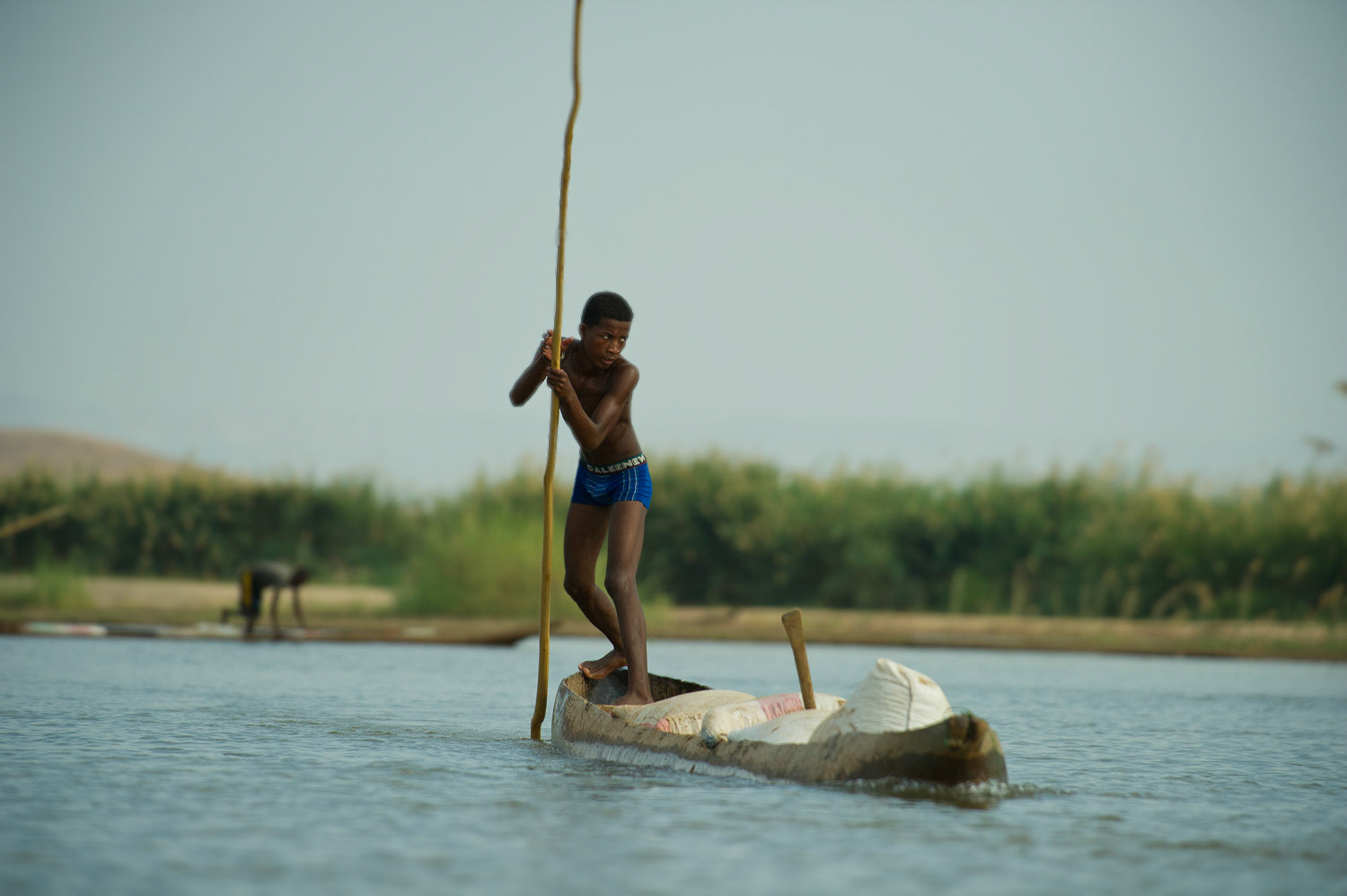
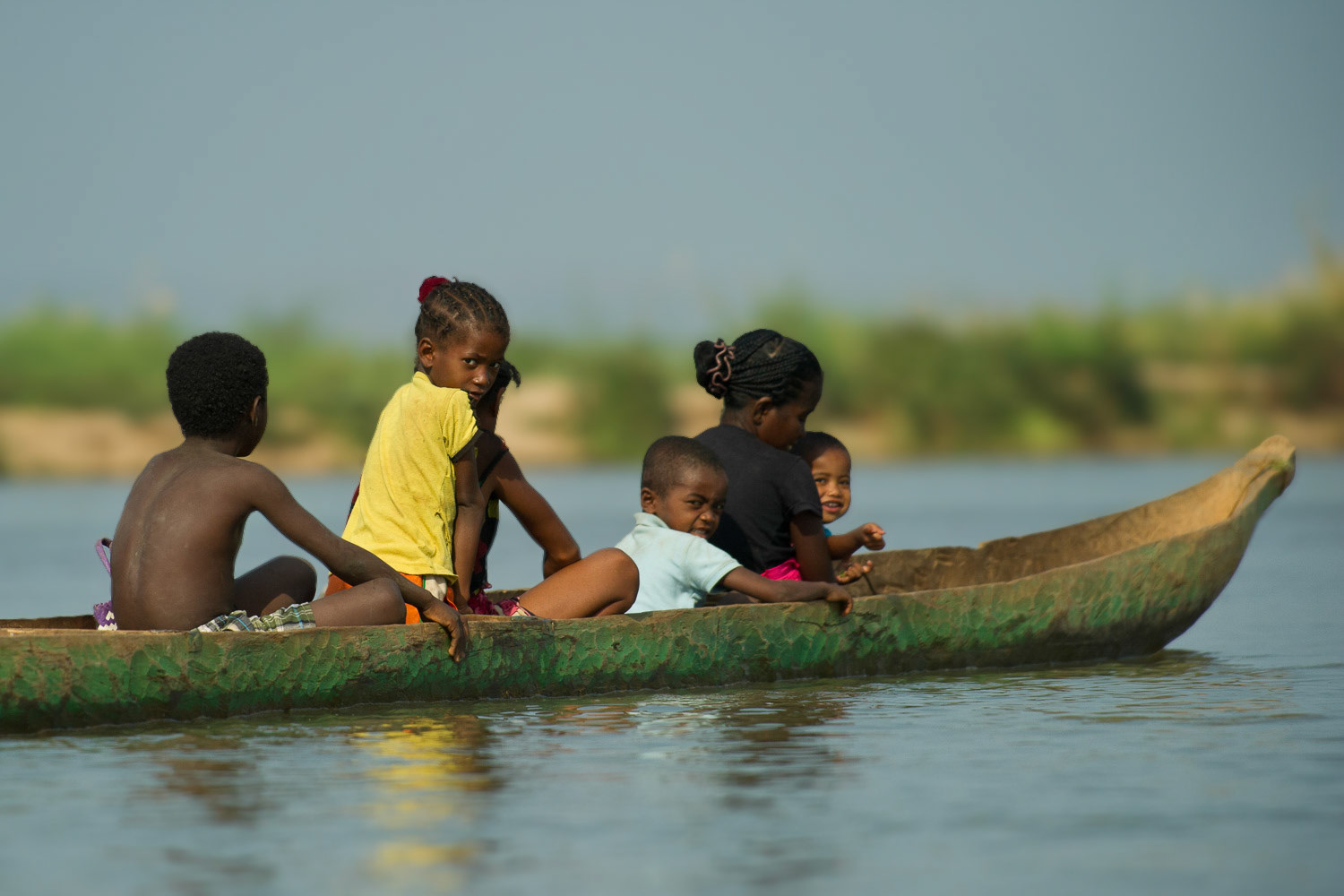
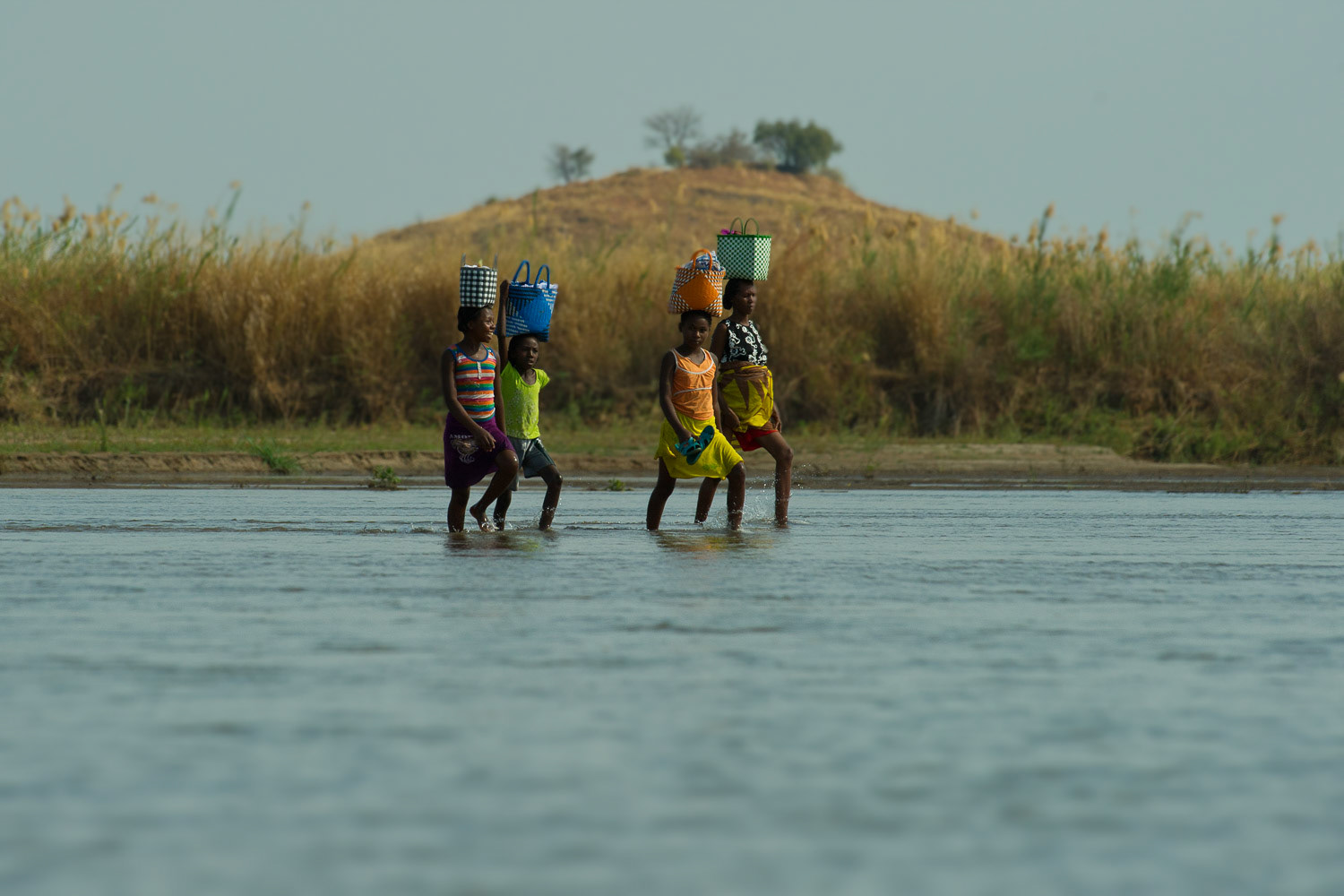
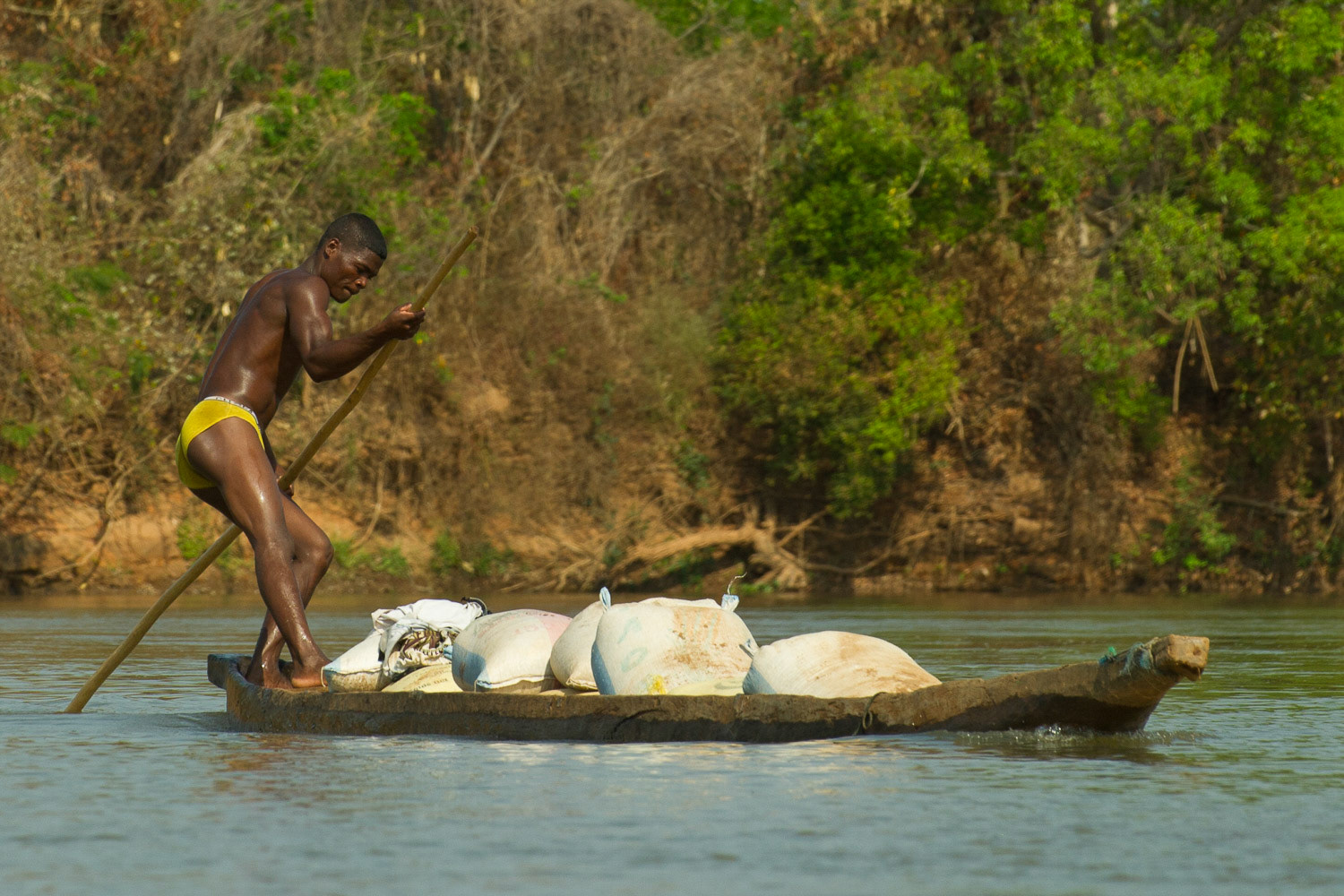
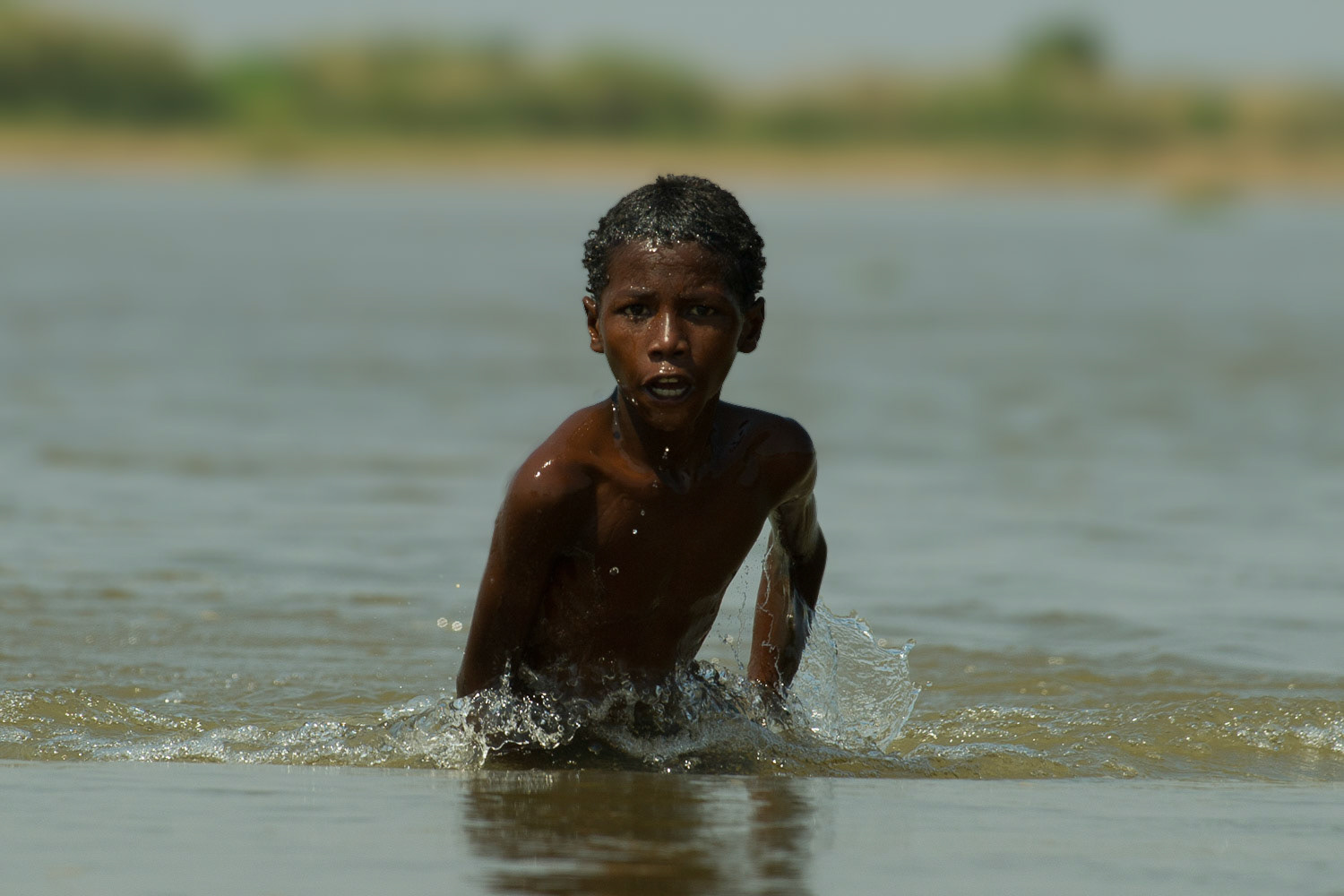
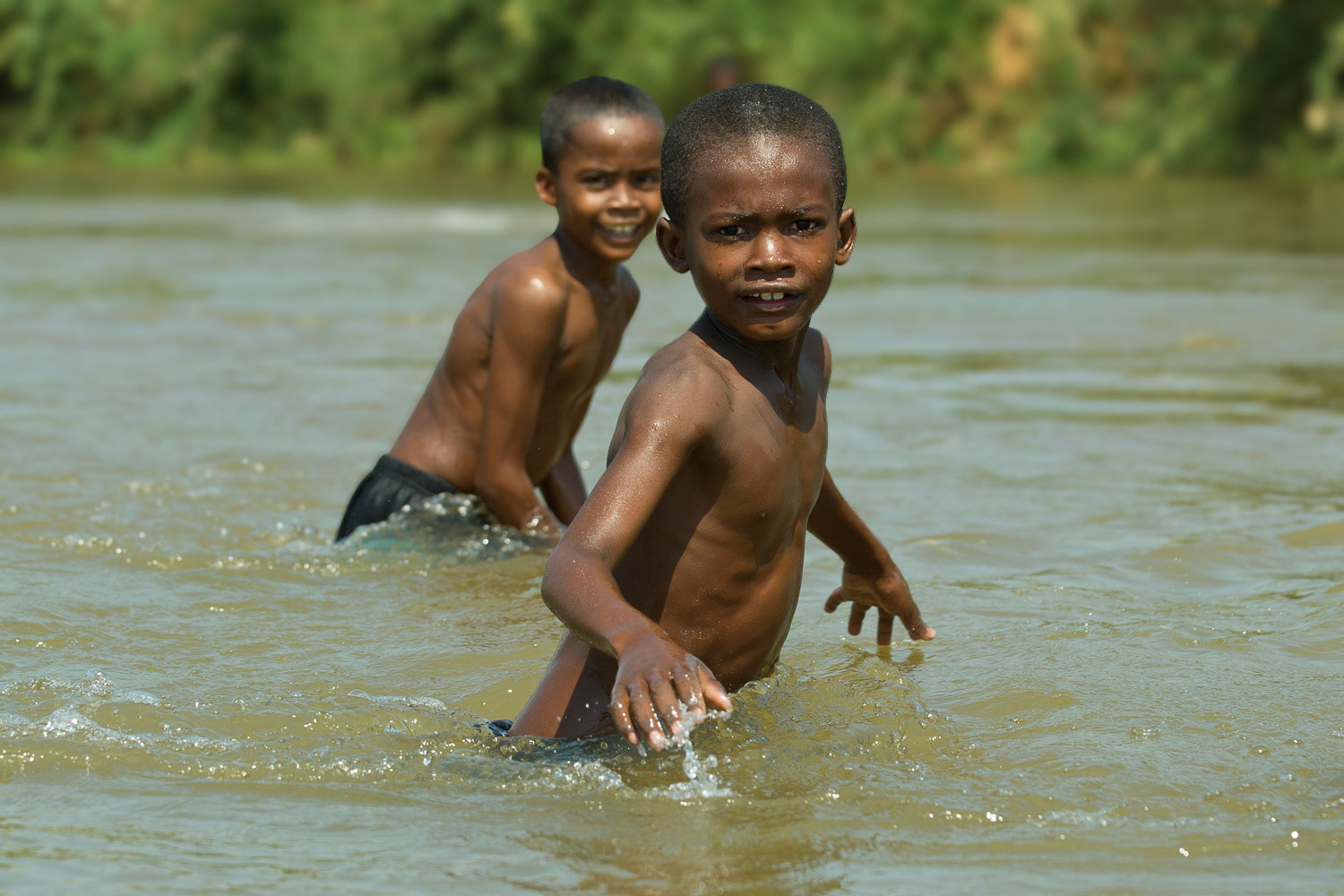
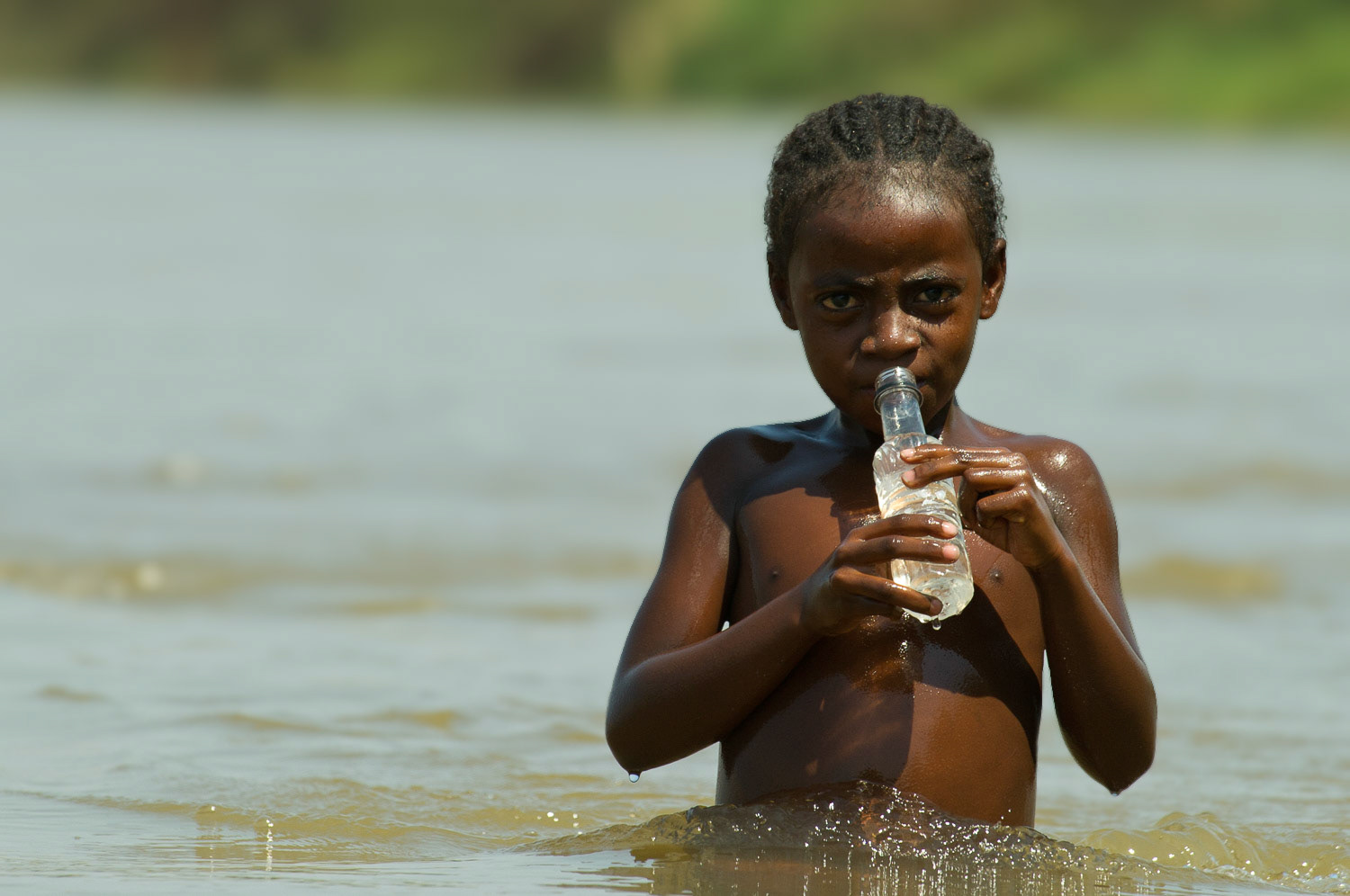
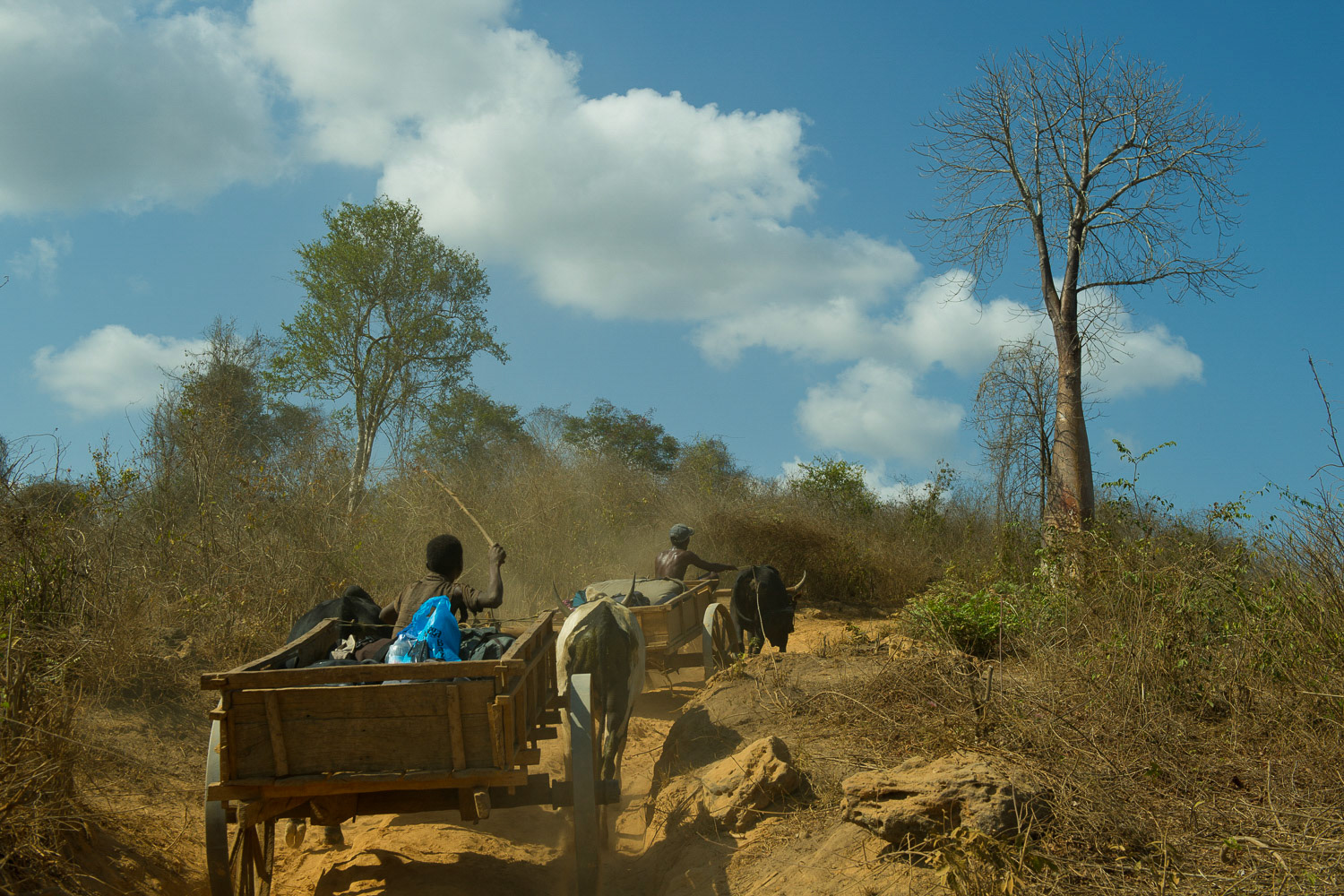
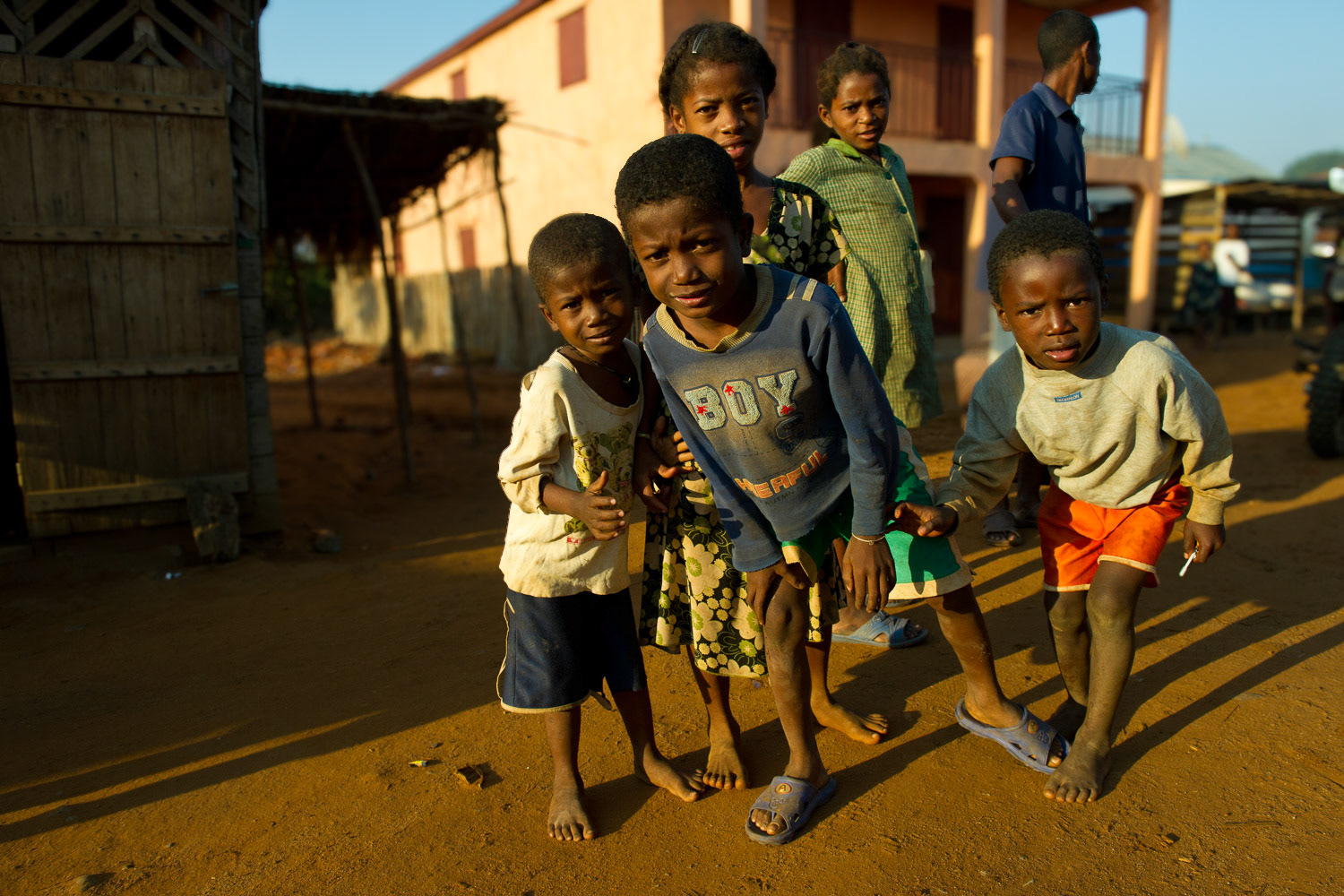
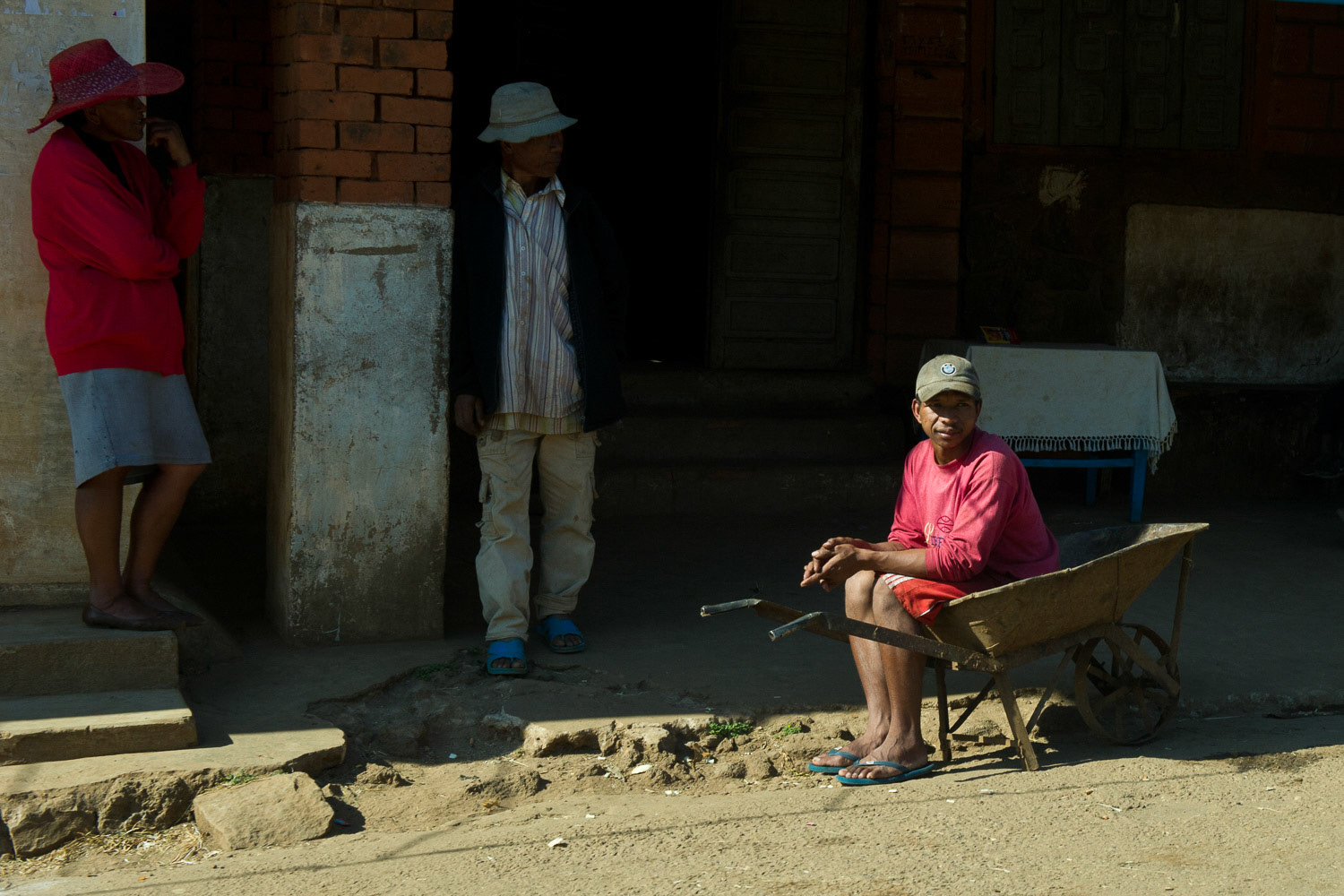
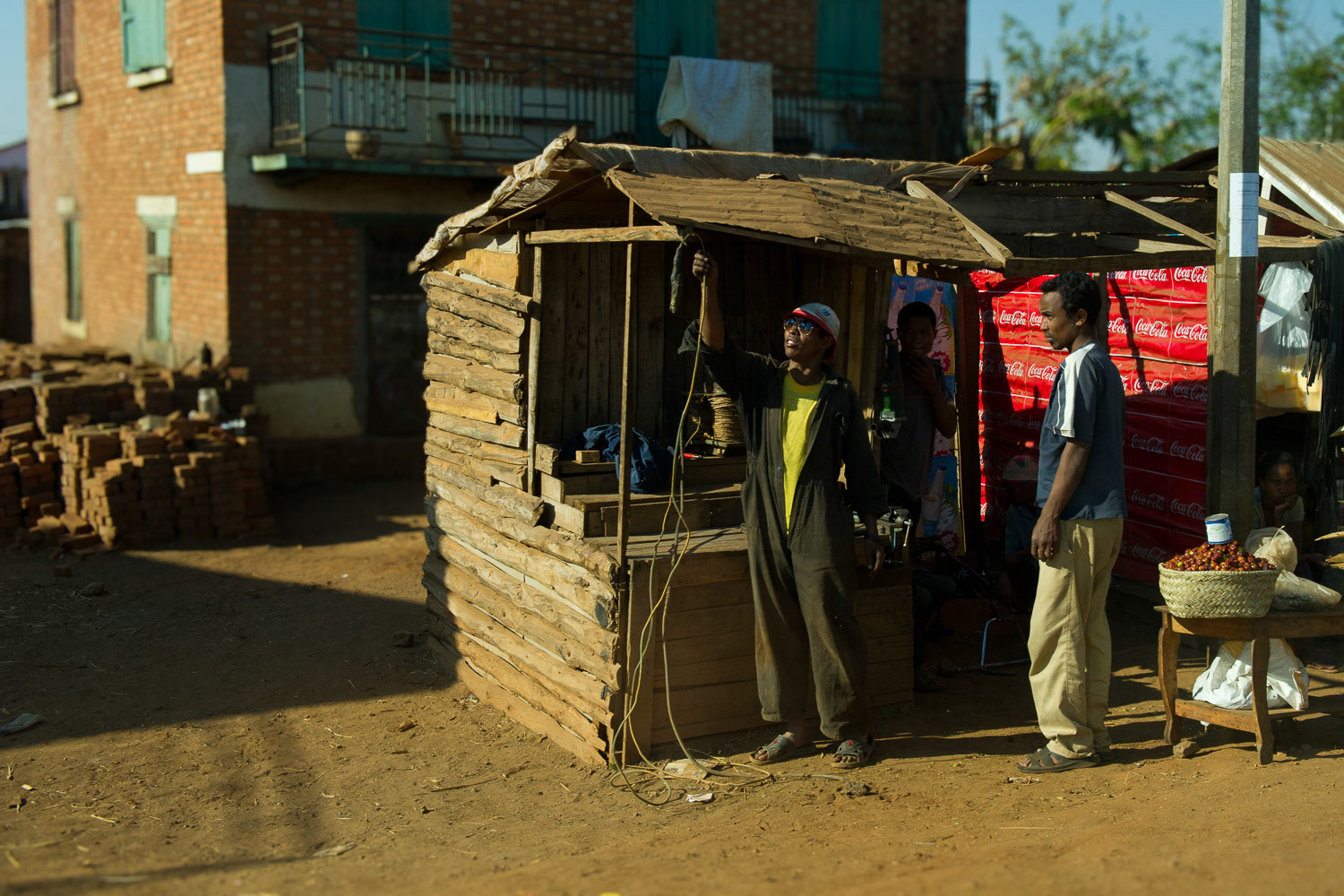
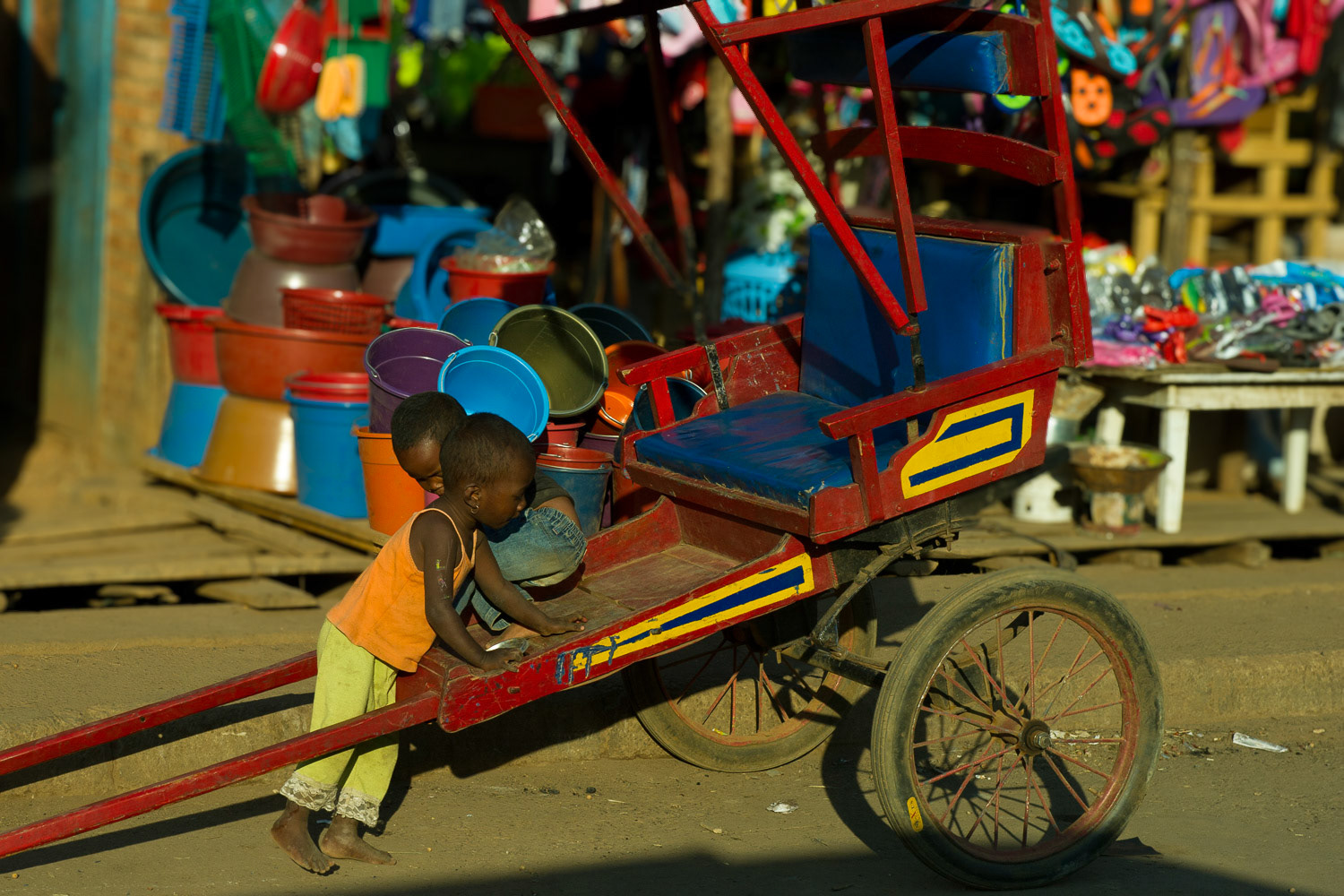
Madagascar, the fourth largest island in the world, is home to a diverse and vibrant population with a rich cultural heritage. The island’s inhabitants, known as Malagasy, represent a unique blend of ethnic groups, languages, and traditions. The majority of the population is of Austronesian and African descent, resulting from centuries of migration and interaction. There are 18 main ethnic groups in Madagascar, each with its own distinct customs, dialects, and beliefs. The Merina people, who primarily reside in the central highlands, are one of the largest groups and have historically played a significant role in the island's political and economic life. Other notable groups include the Betsimisaraka along the eastern coast, the Tsimihety in the north, and the Sakalava in the west, each contributing to the rich tapestry of Malagasy culture. Language is a vital aspect of Malagasy identity, with Malagasy being the national language spoken by the majority of the population. French is also widely used, a legacy of colonial rule. Despite these linguistic ties, Madagascar's numerous dialects reflect the diversity of its people. The Malagasy people have a deep connection to their land, which is reflected in their agricultural practices and traditional beliefs. Rice is the staple food, and farming is a crucial part of daily life. The island’s unique biodiversity also plays a significant role in local culture, with many communities depending on natural resources for their livelihoods. Traditions and customs are central to Malagasy life. The practice of "famadihana," or the turning of the bones, exemplifies the importance of ancestral veneration. Families will occasionally exhume and rewrap their deceased relatives, celebrating their lives and reinforcing family ties. This deep respect for ancestors is a key aspect of Malagasy spirituality. Arts and crafts are vibrant in Madagascar, with each region showcasing its unique artistic styles, from intricate wood carvings to colorful textiles. Music and dance are also integral to social life, with traditional performances often accompanying celebrations and ceremonies. Despite facing challenges such as poverty and environmental issues, the Malagasy people are known for their resilience and community spirit. Their rich cultural heritage, strong sense of identity, and connection to the land make Madagascar a truly unique place, where traditions continue to thrive amidst the backdrop of a stunning natural environment.






























